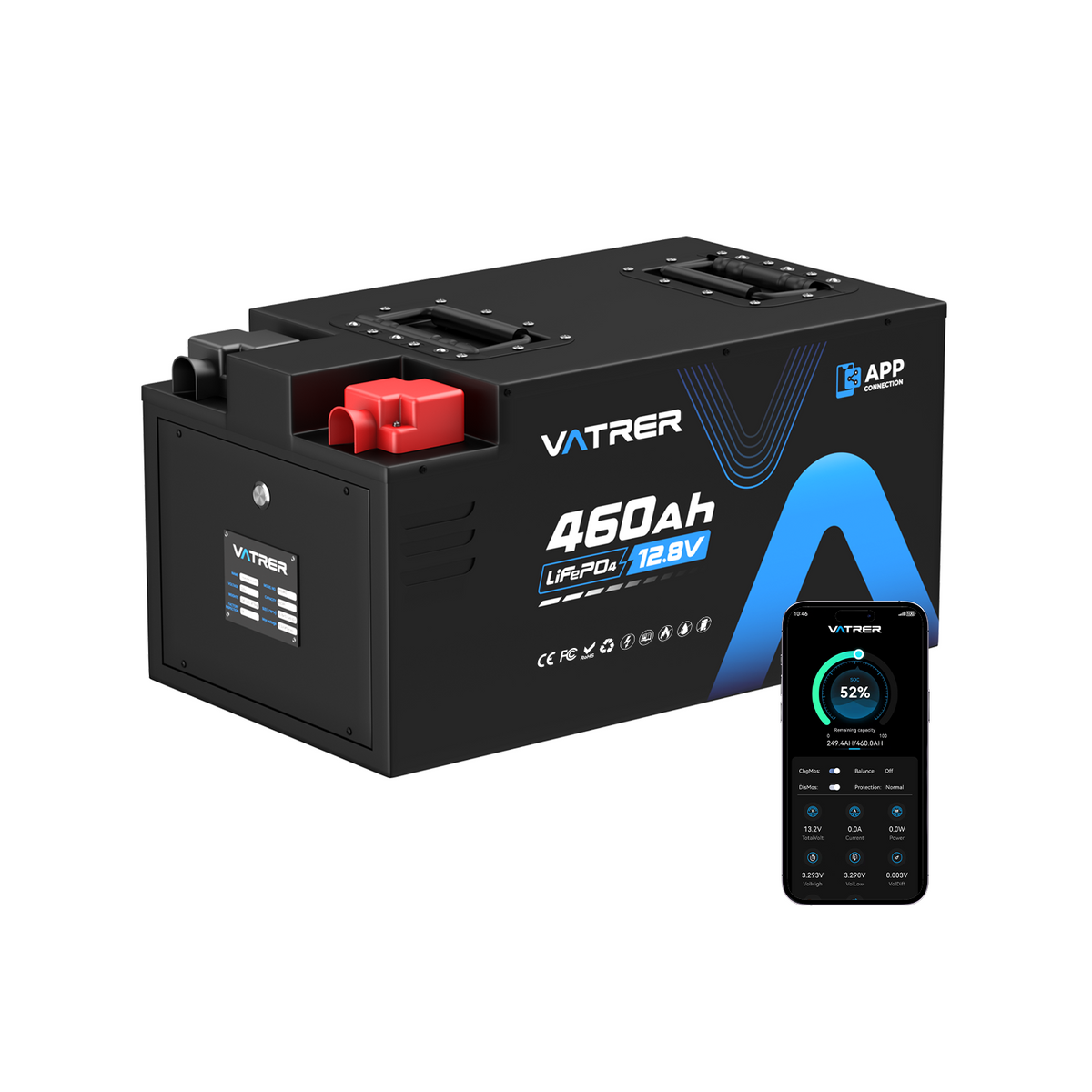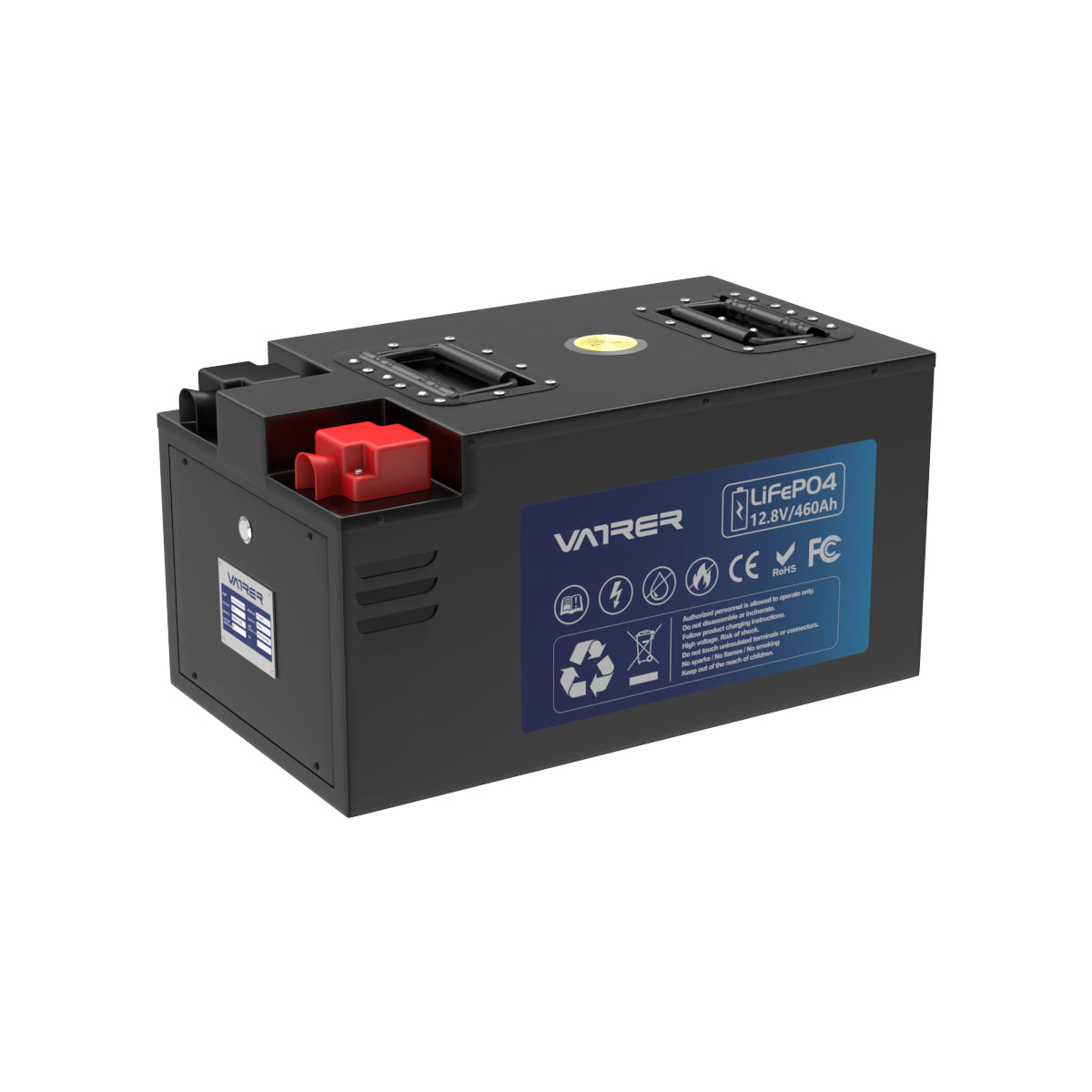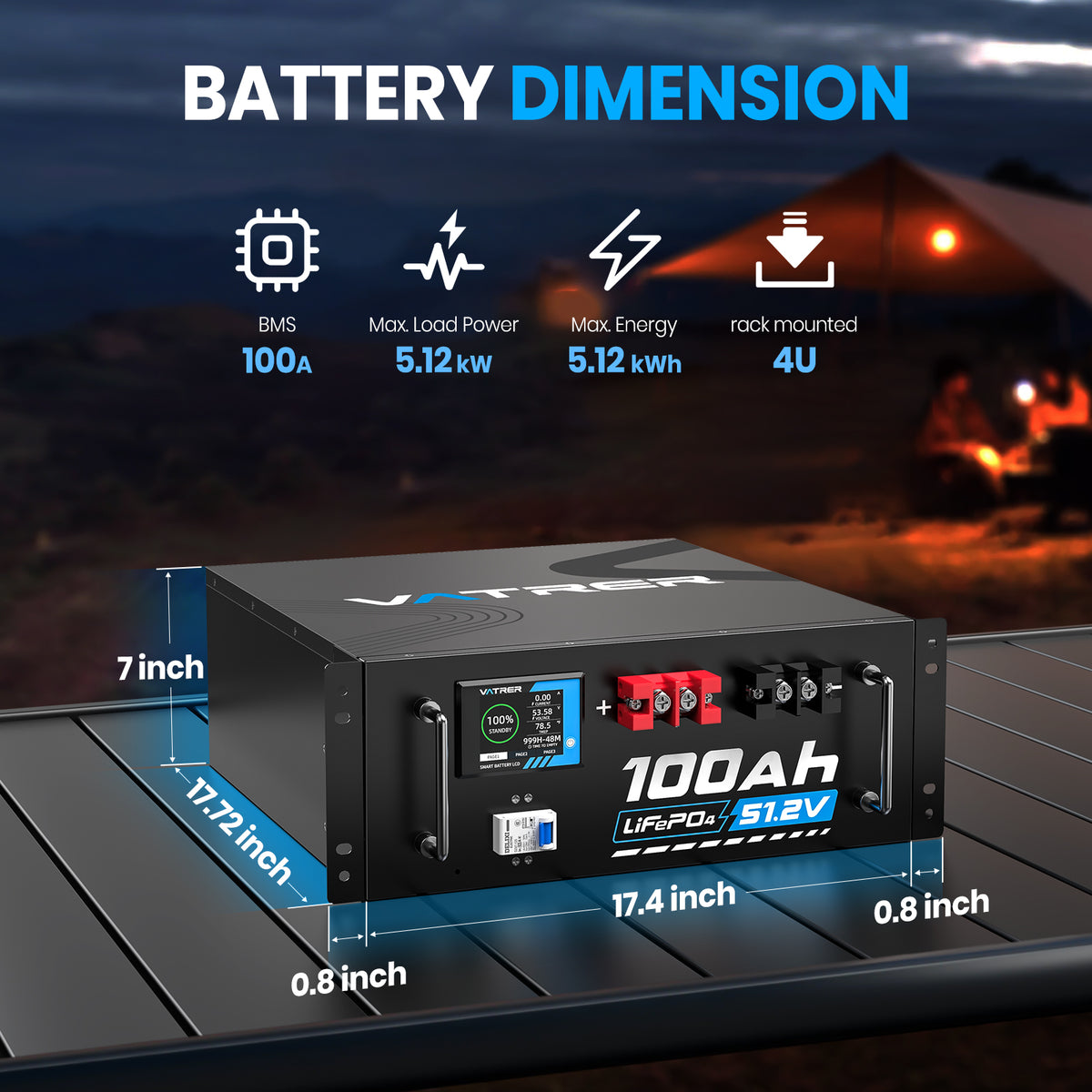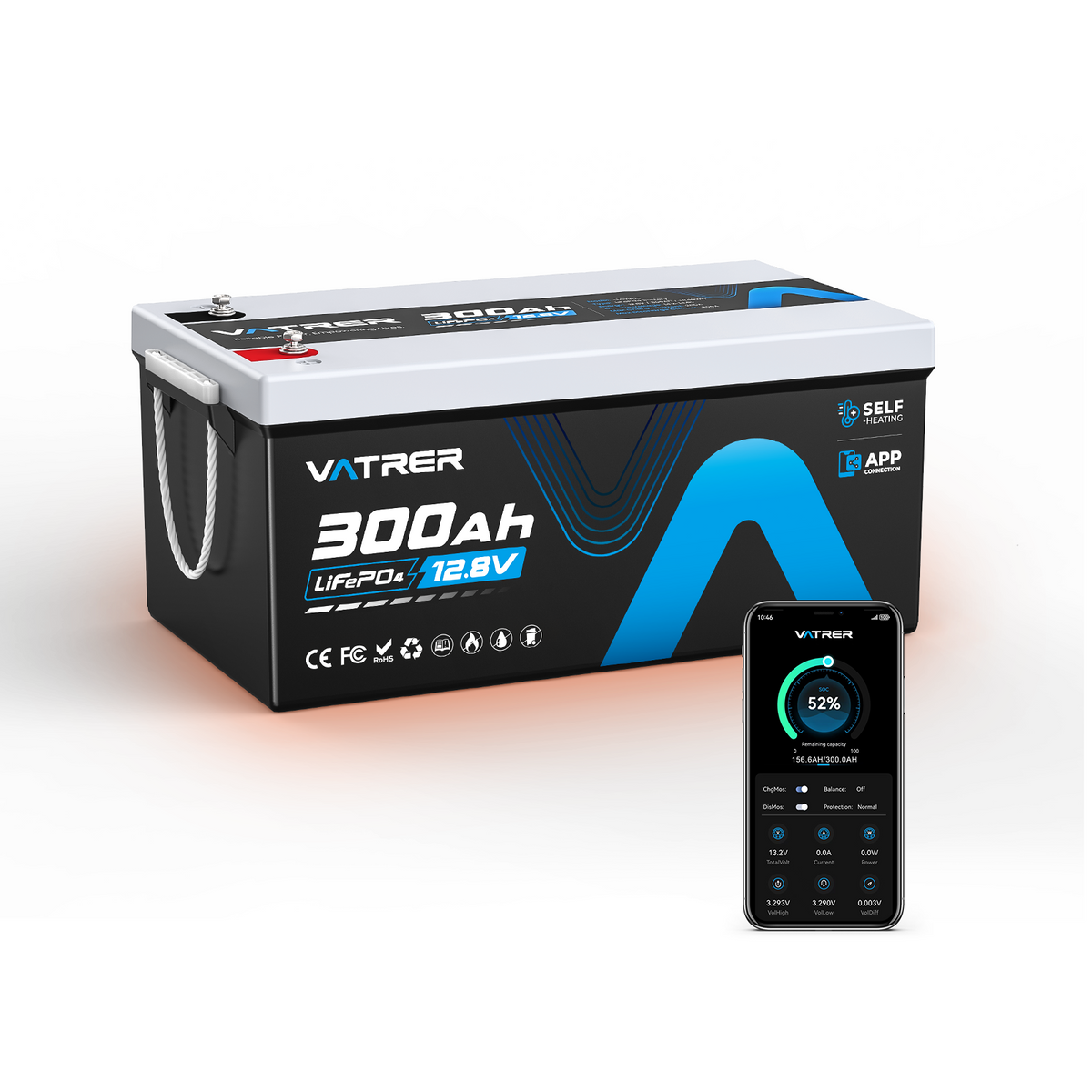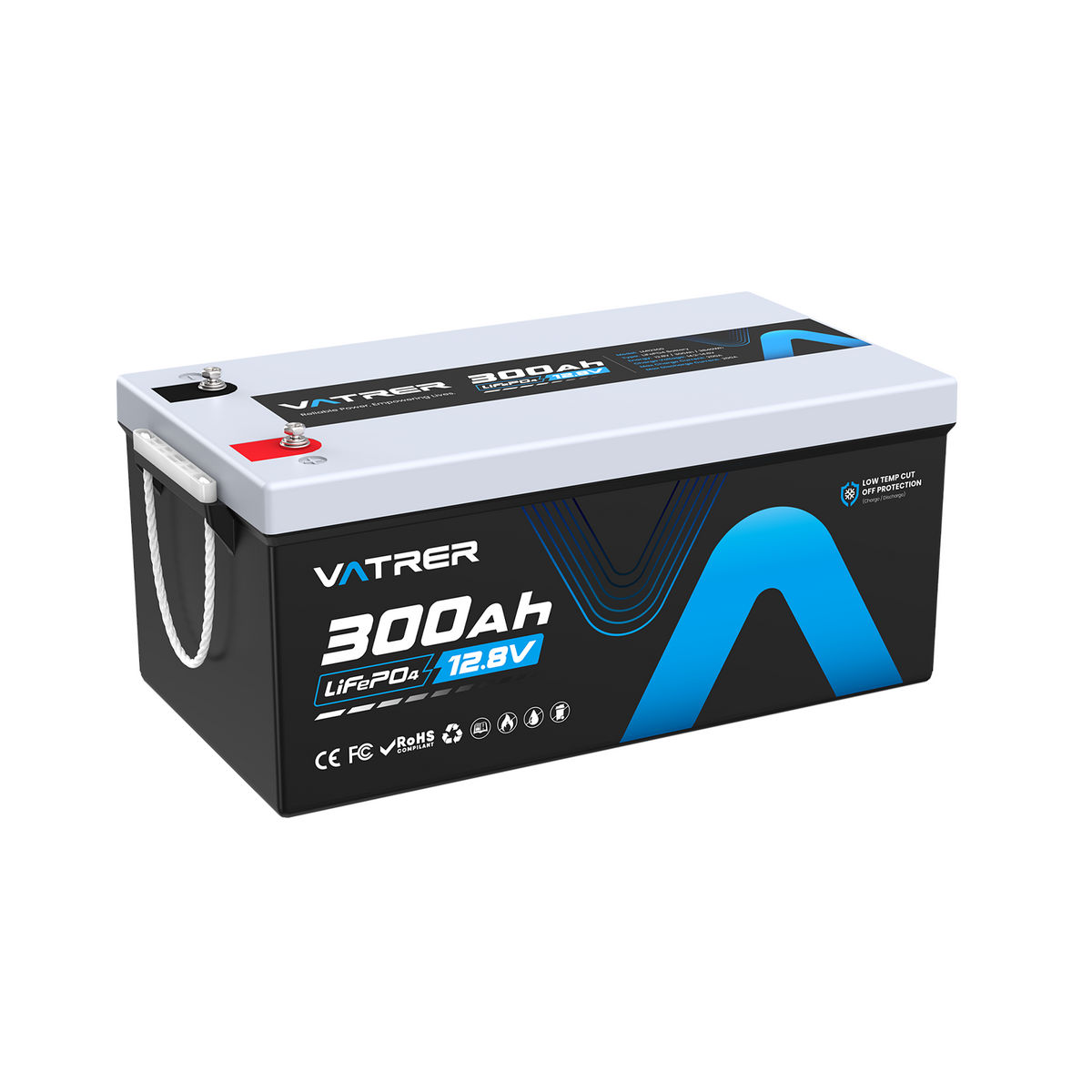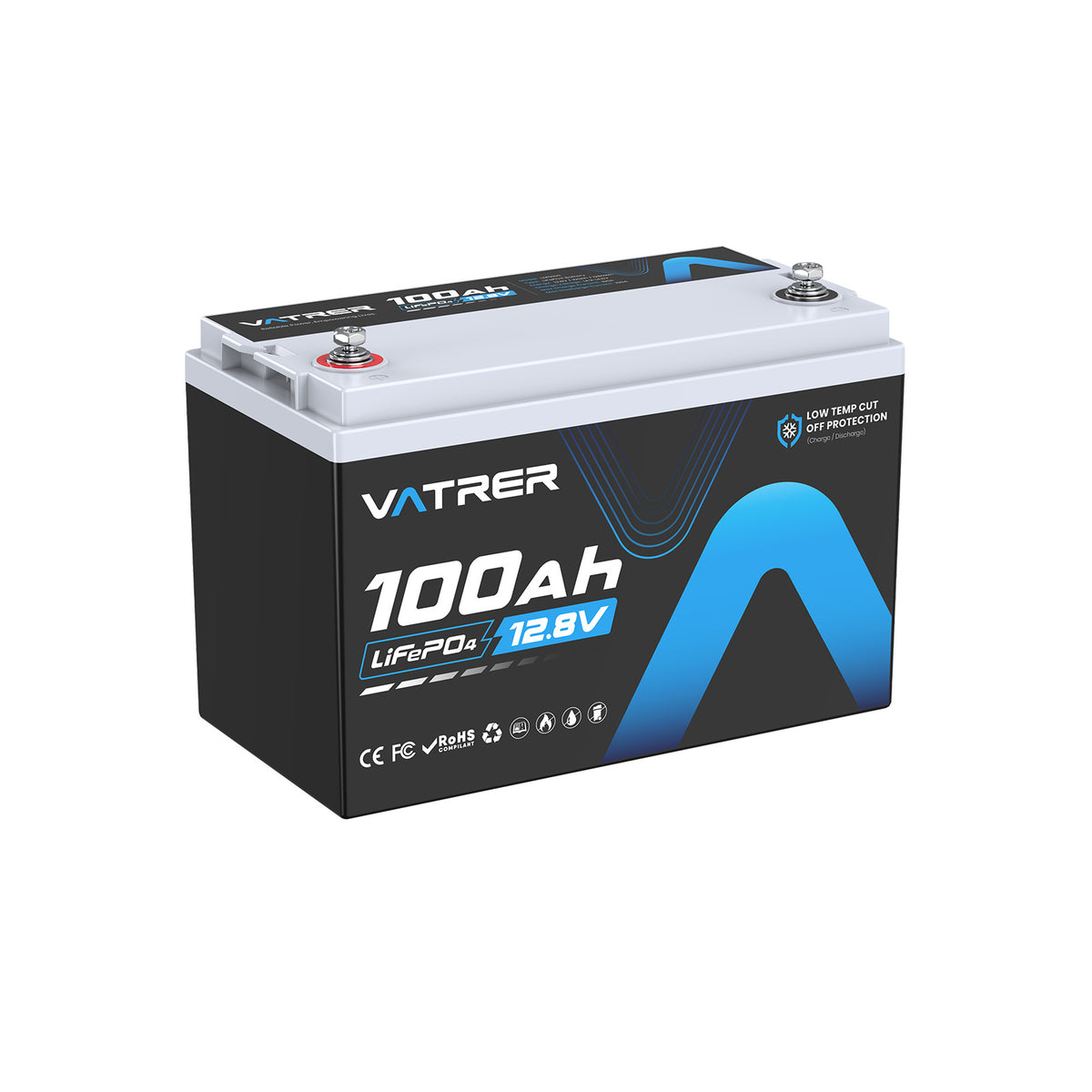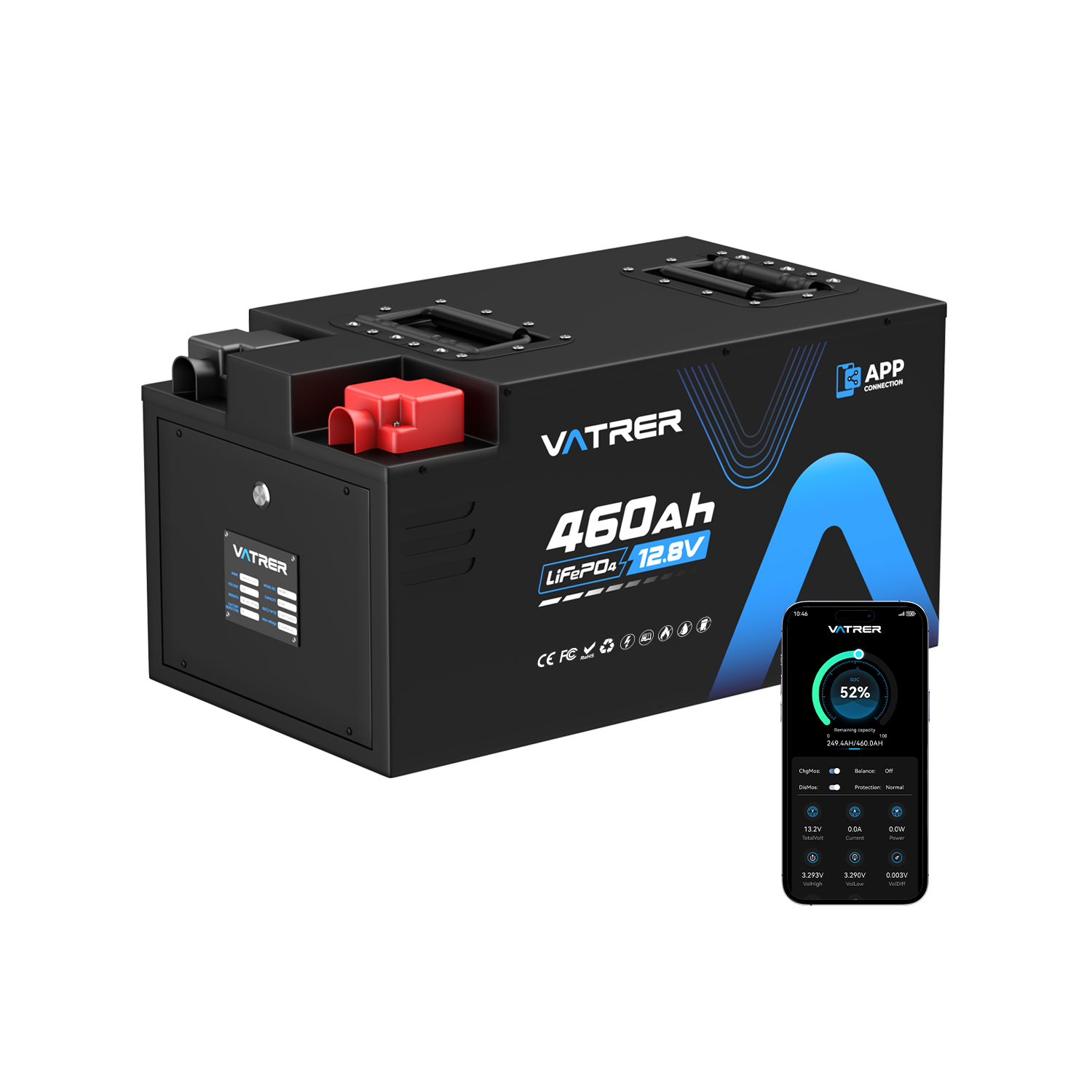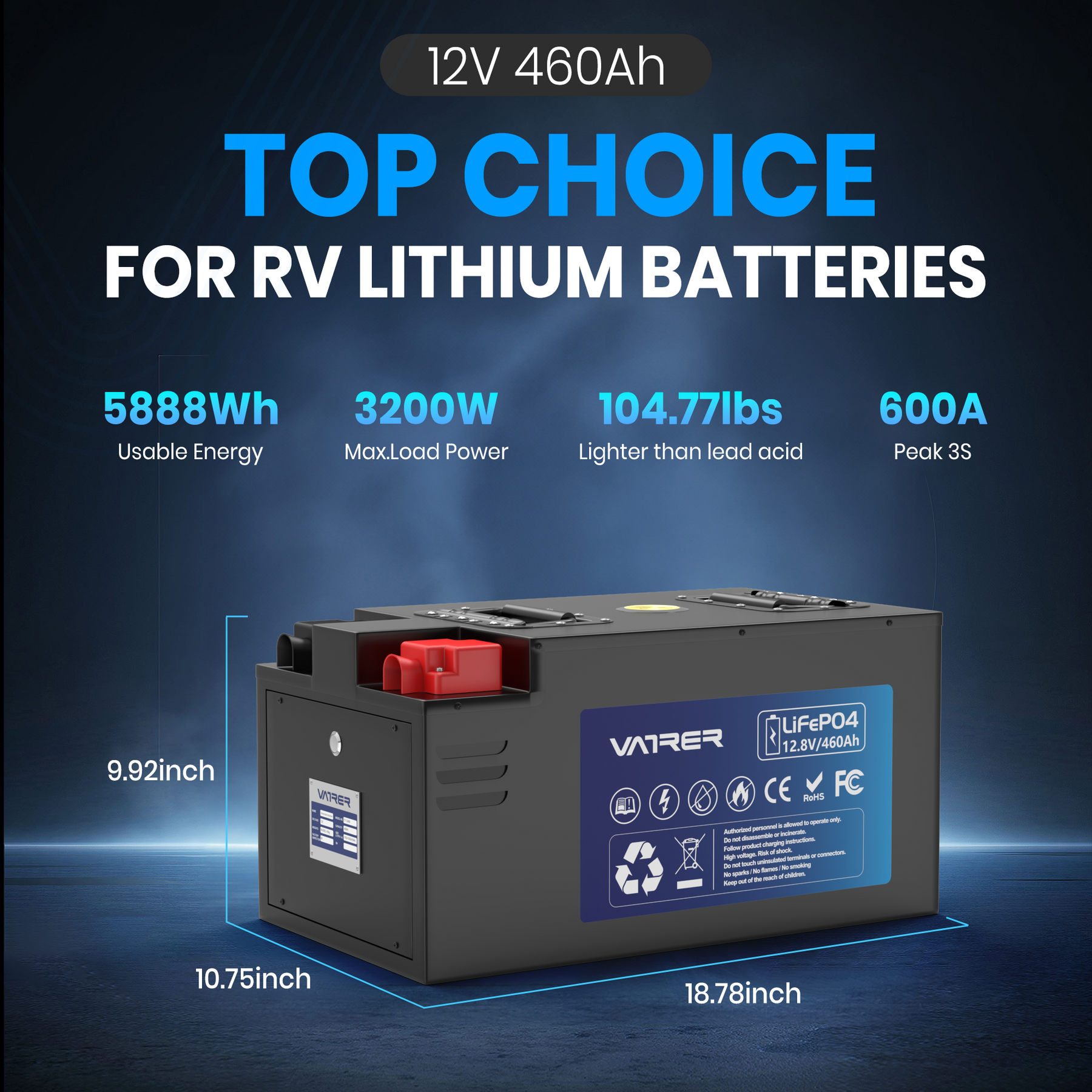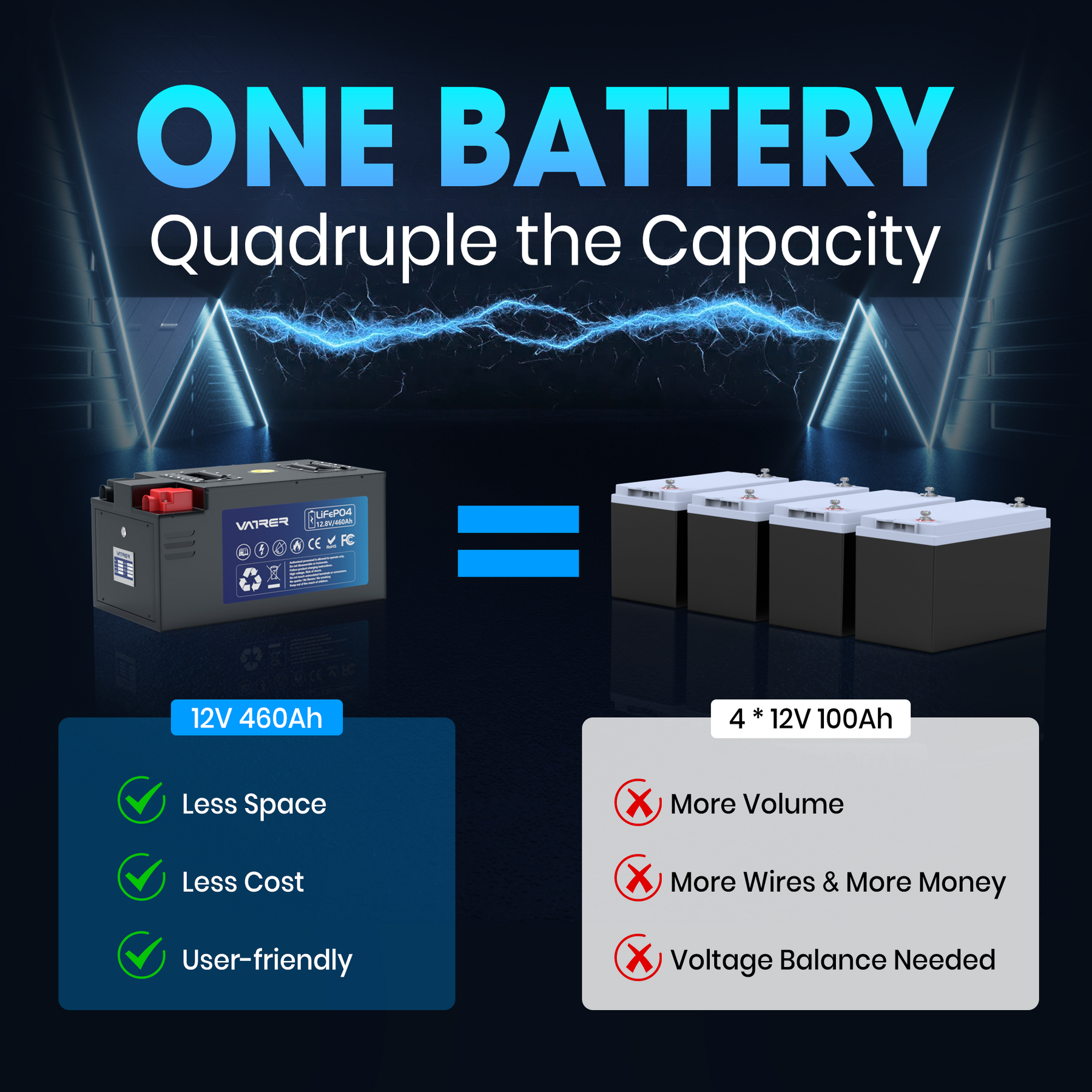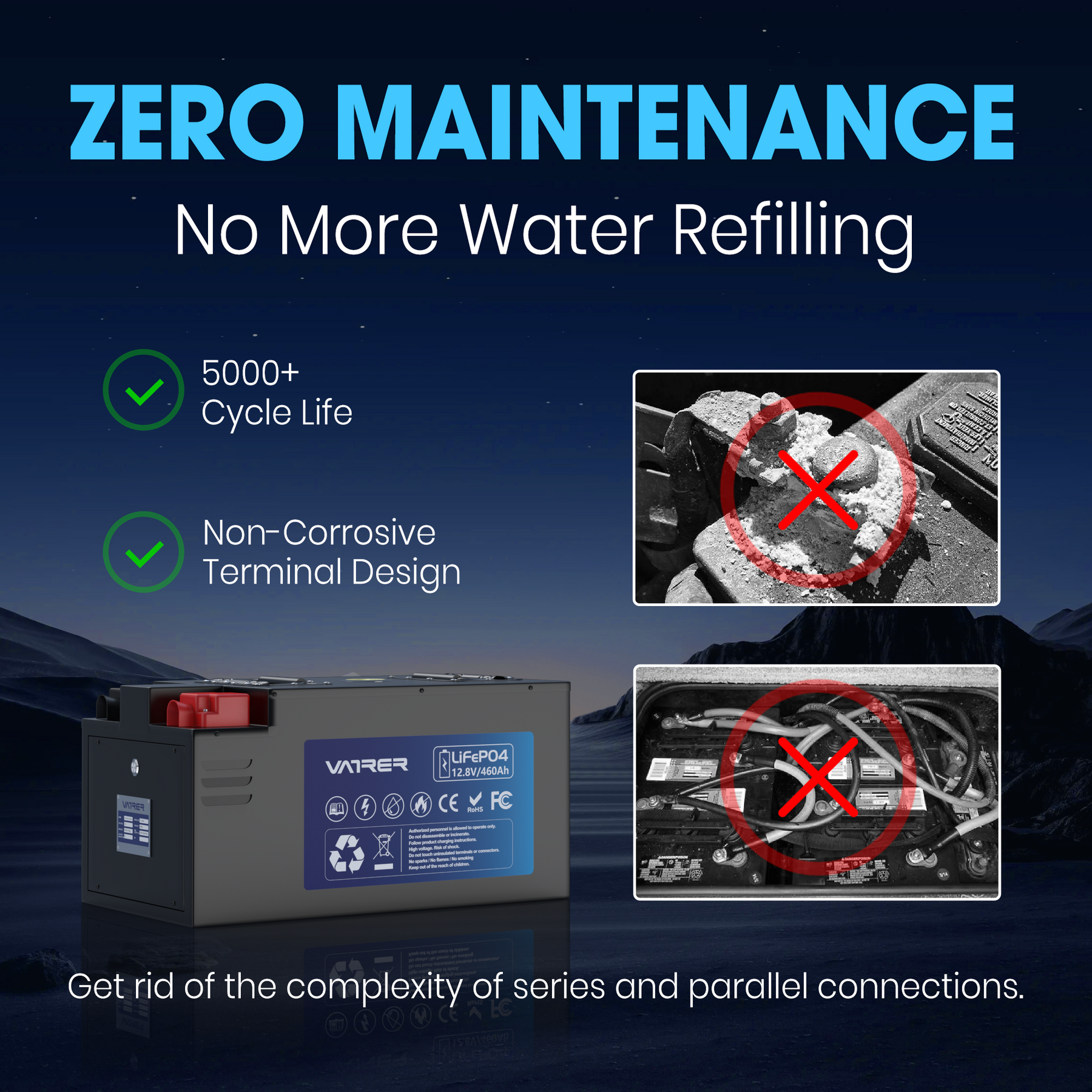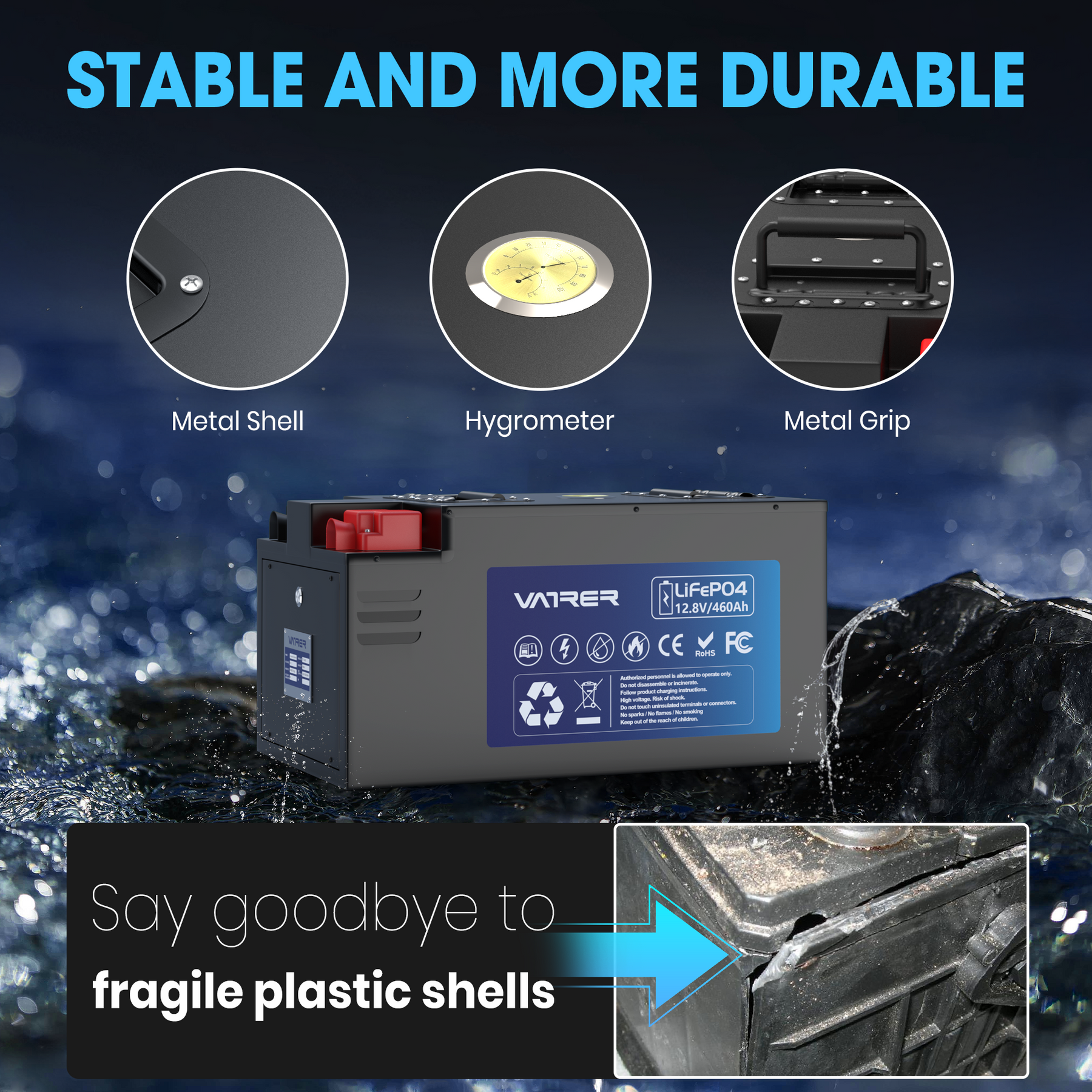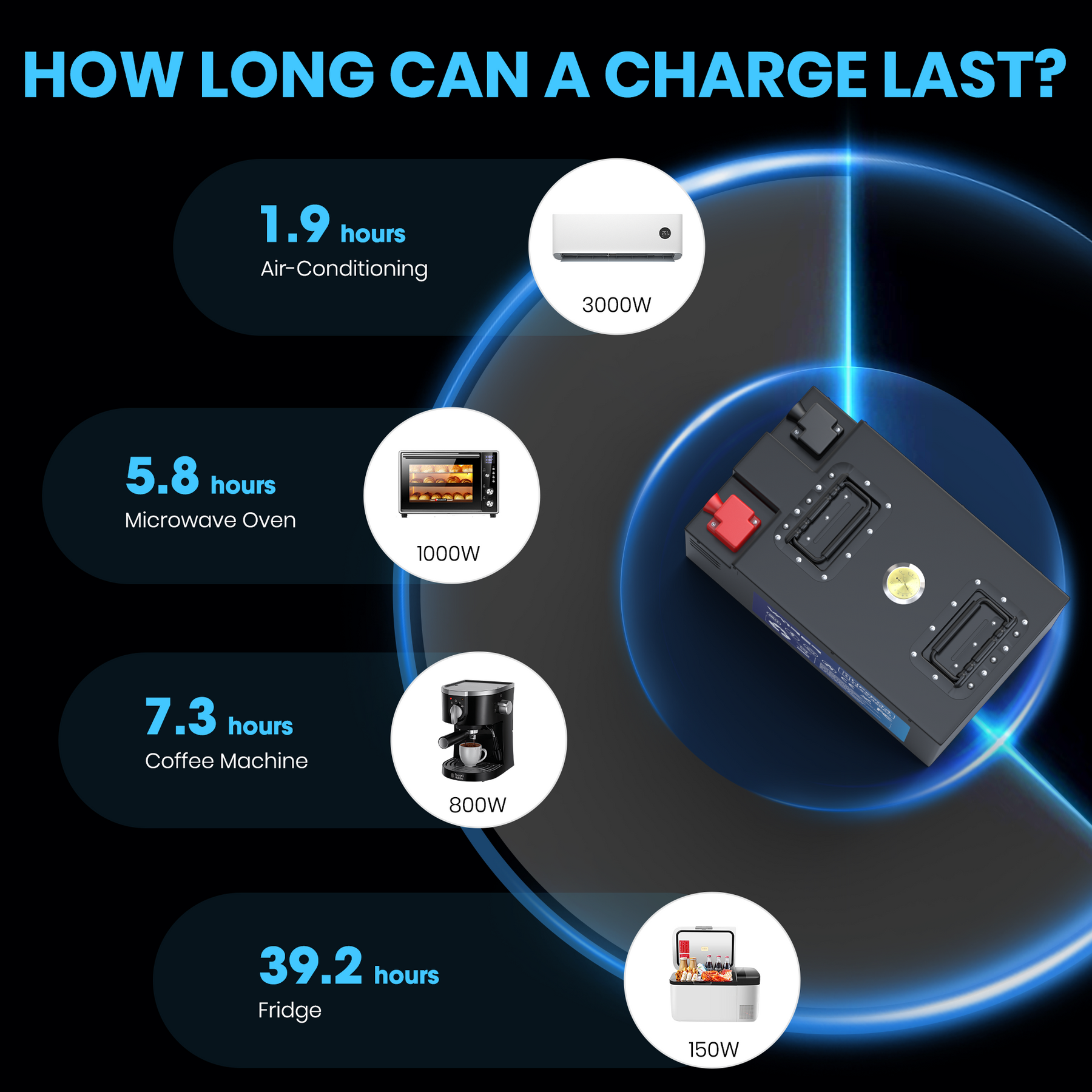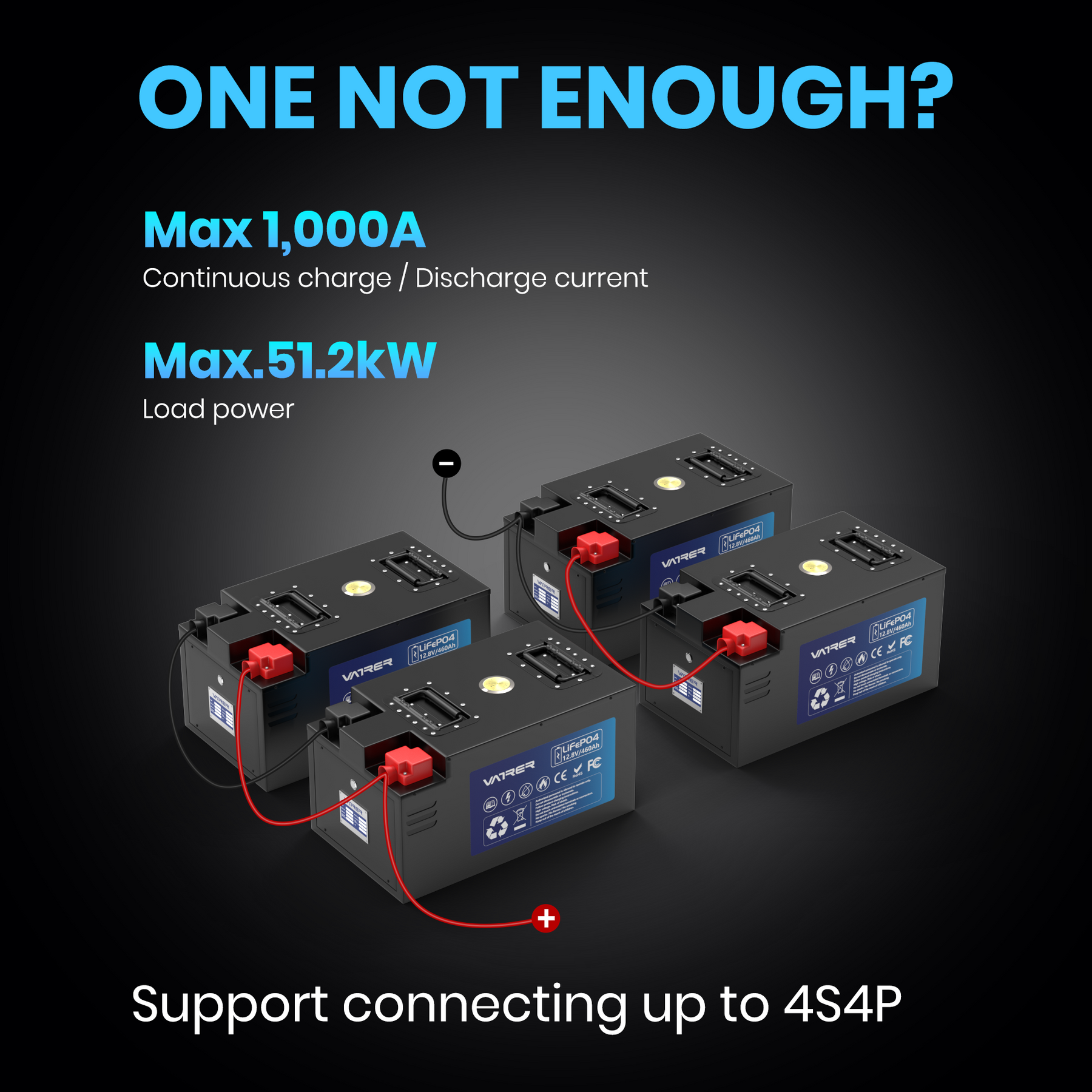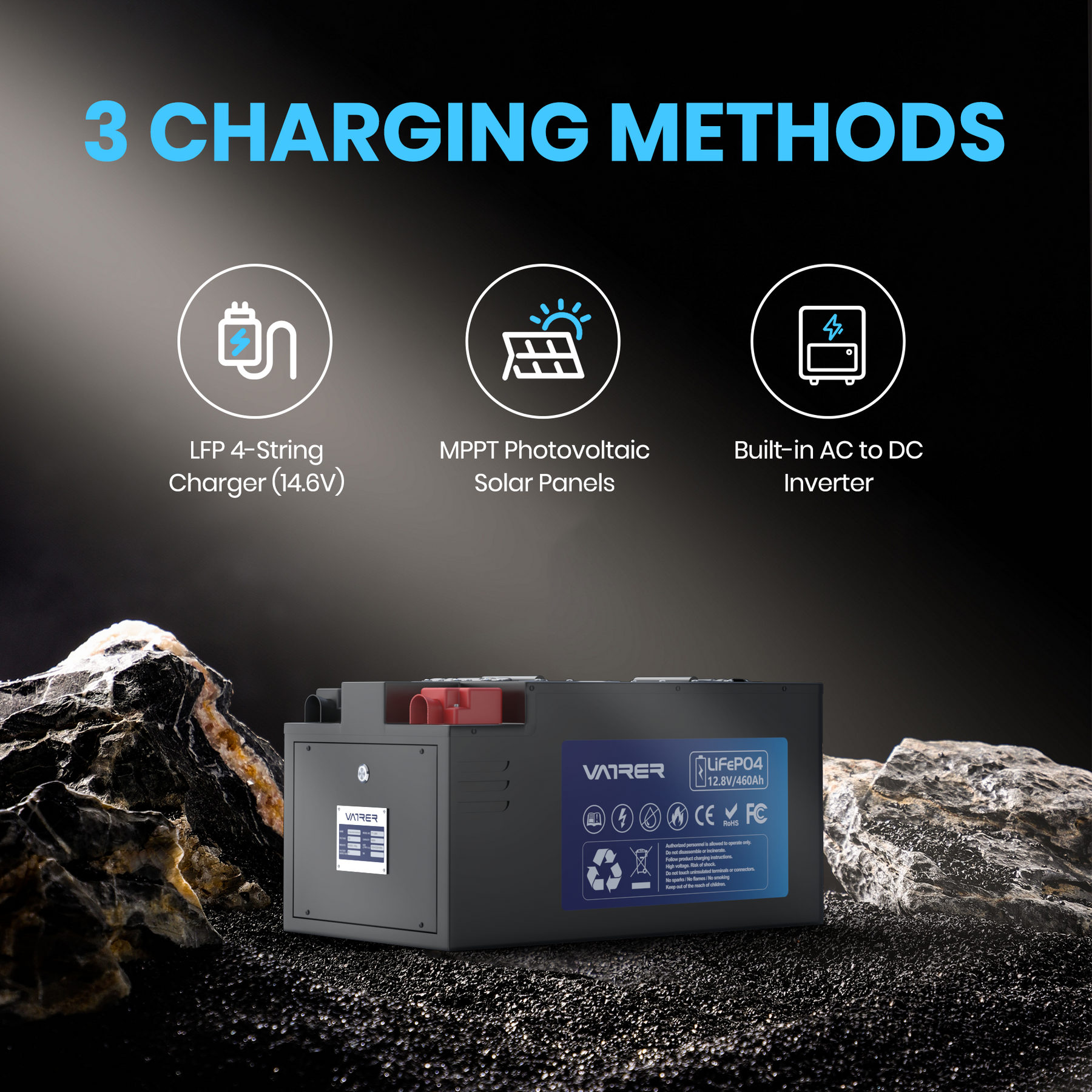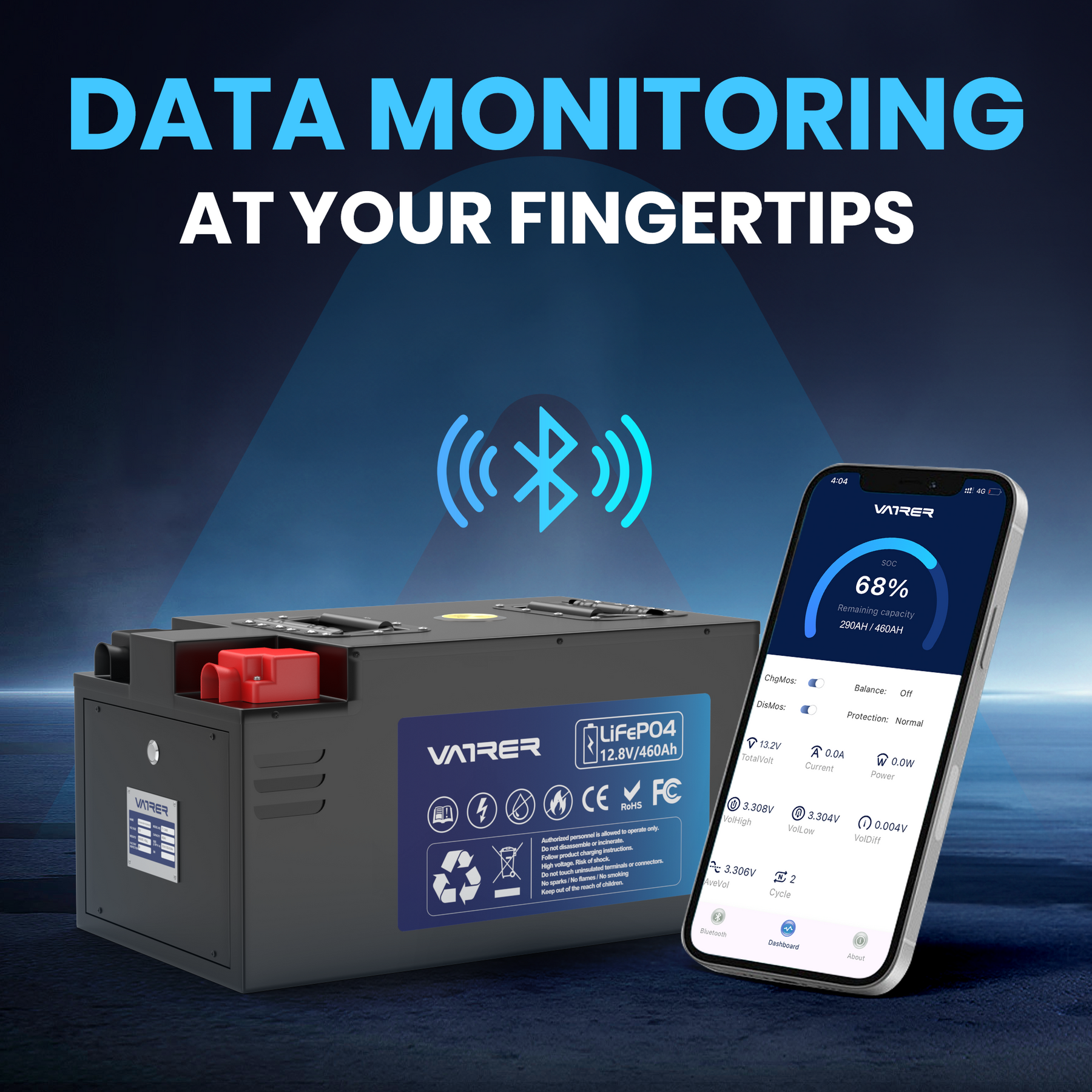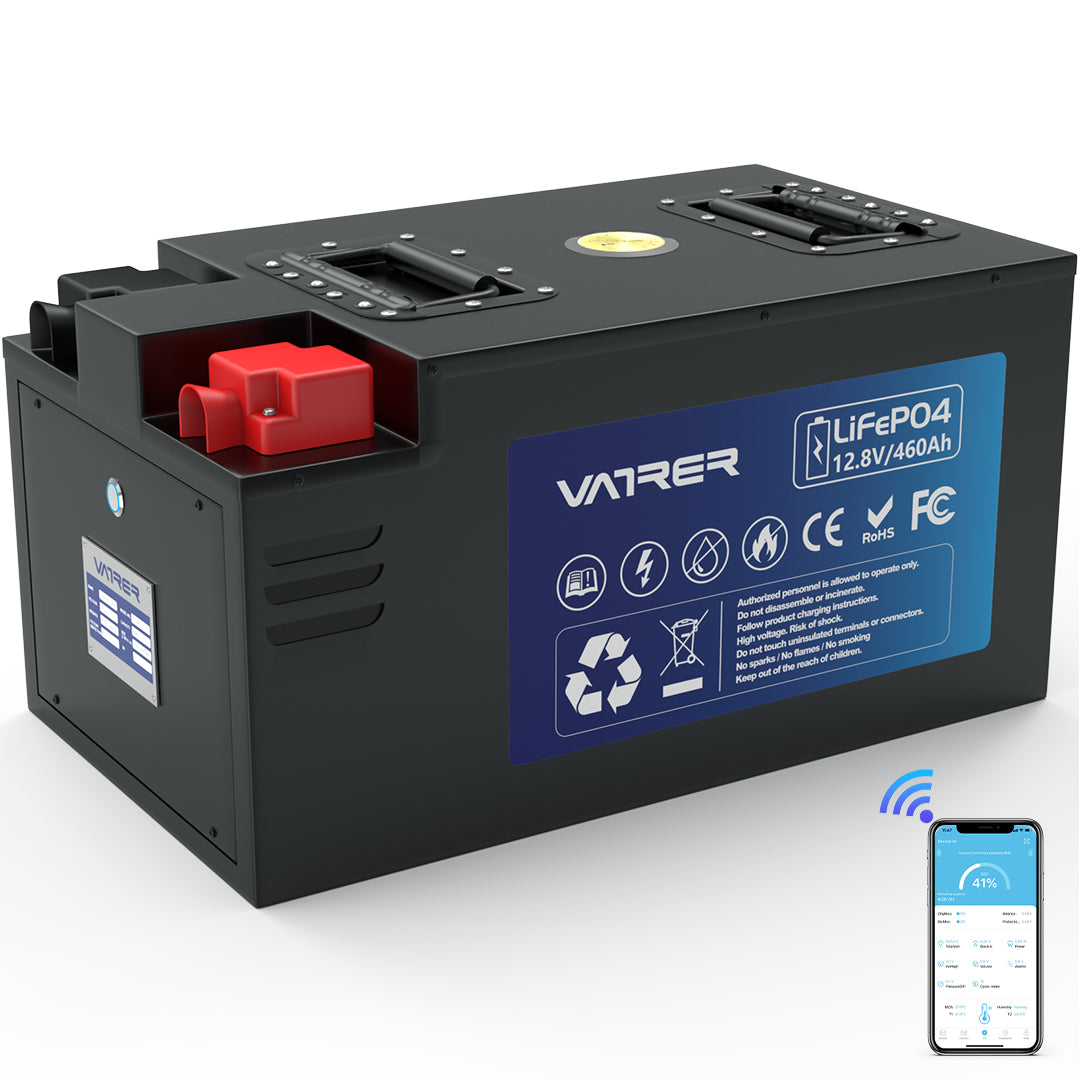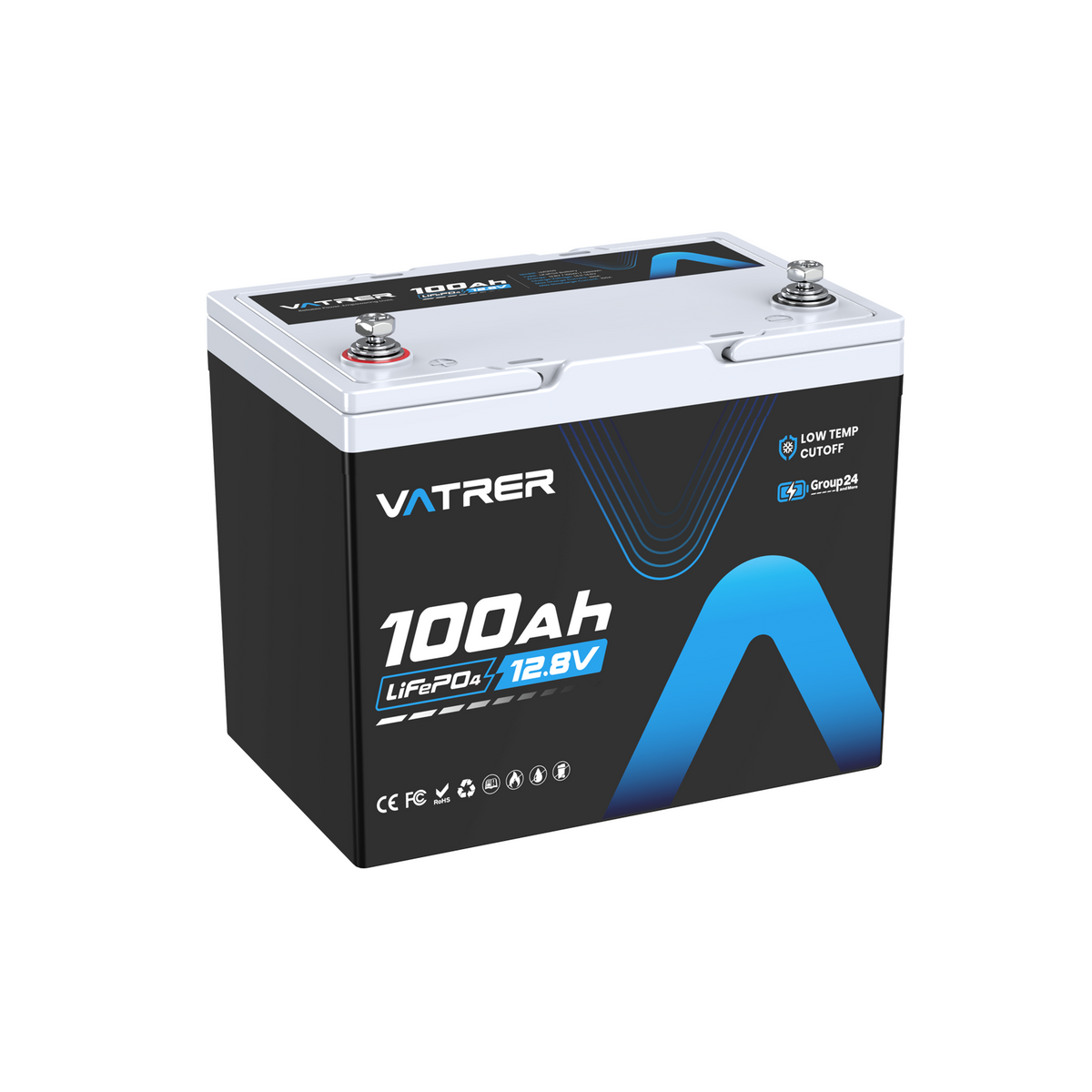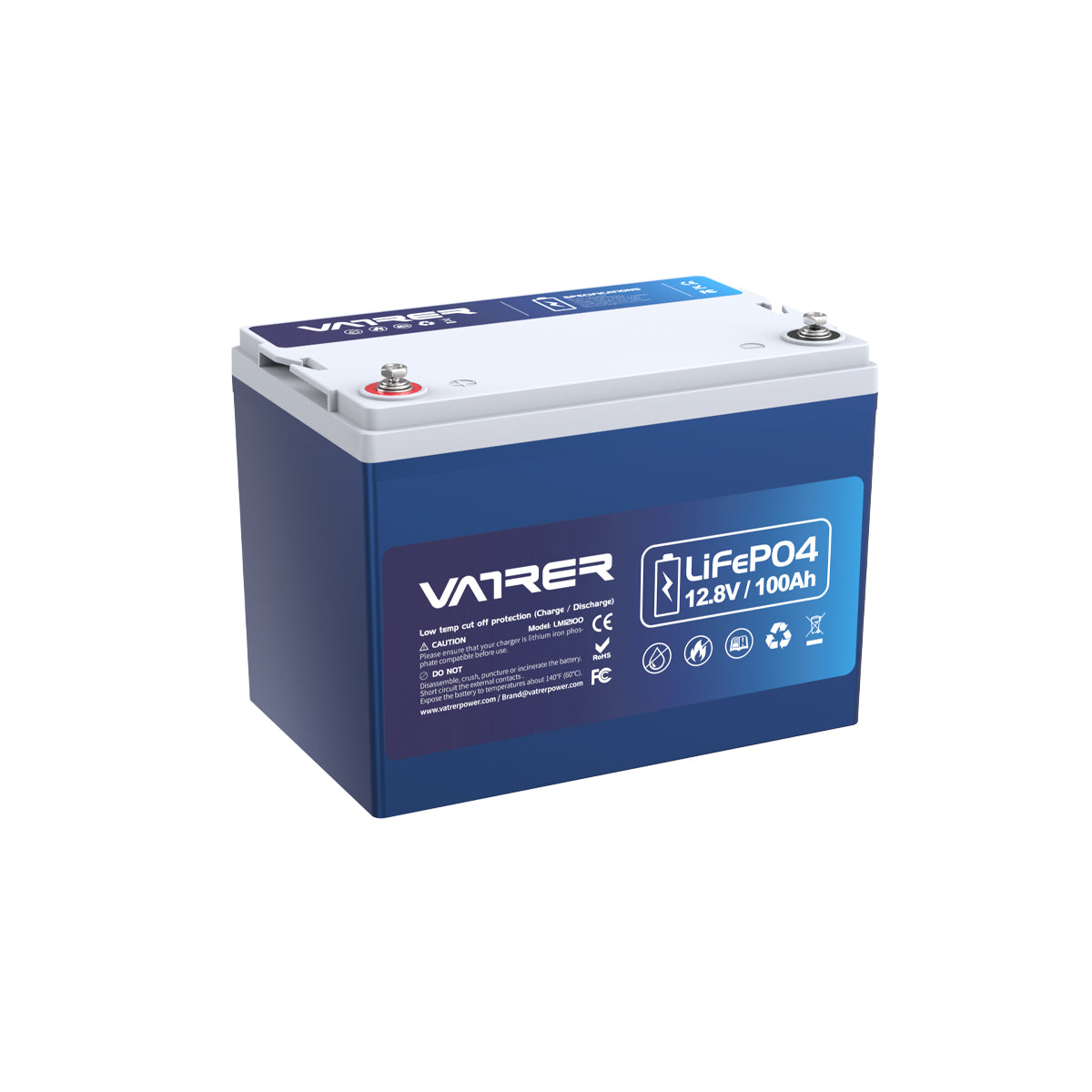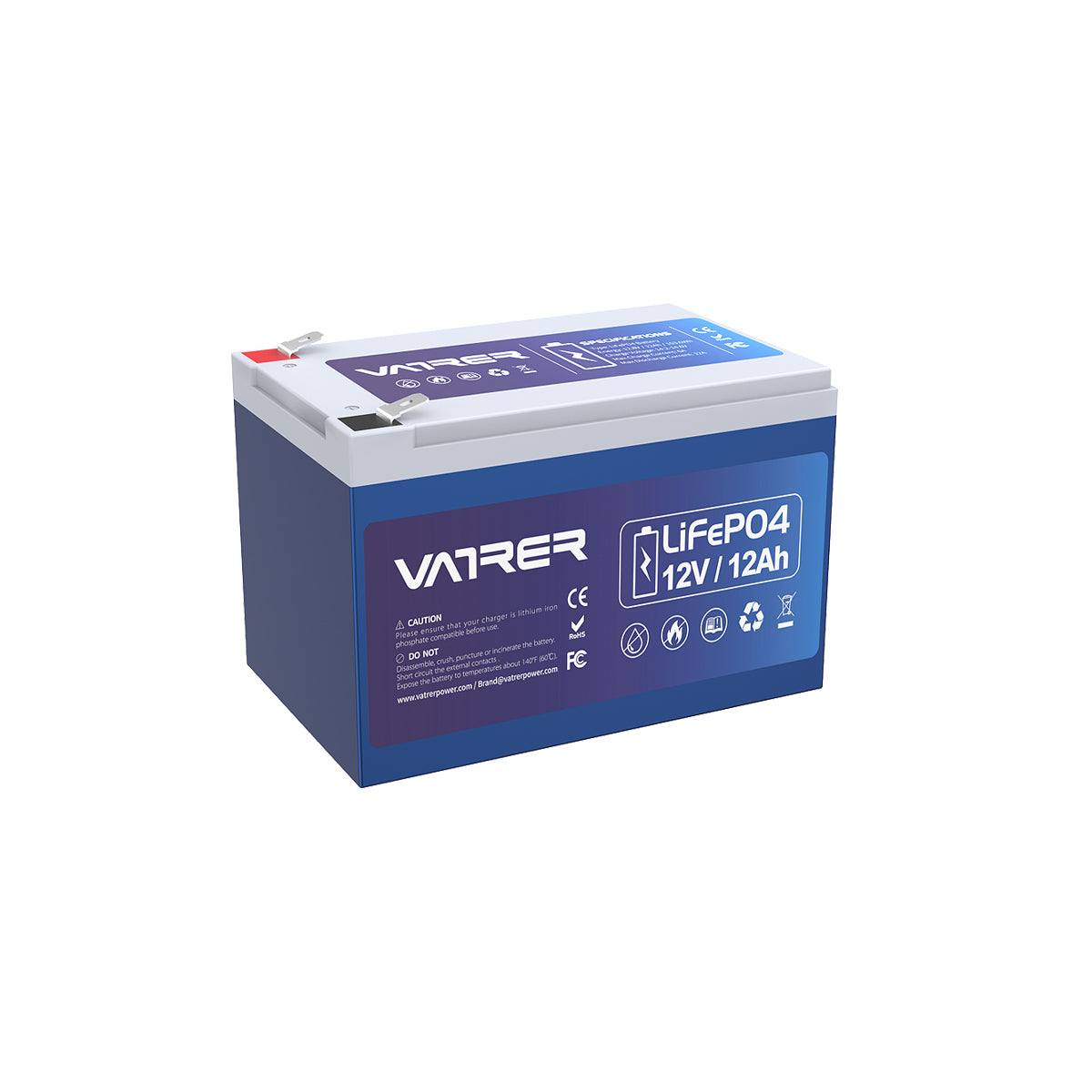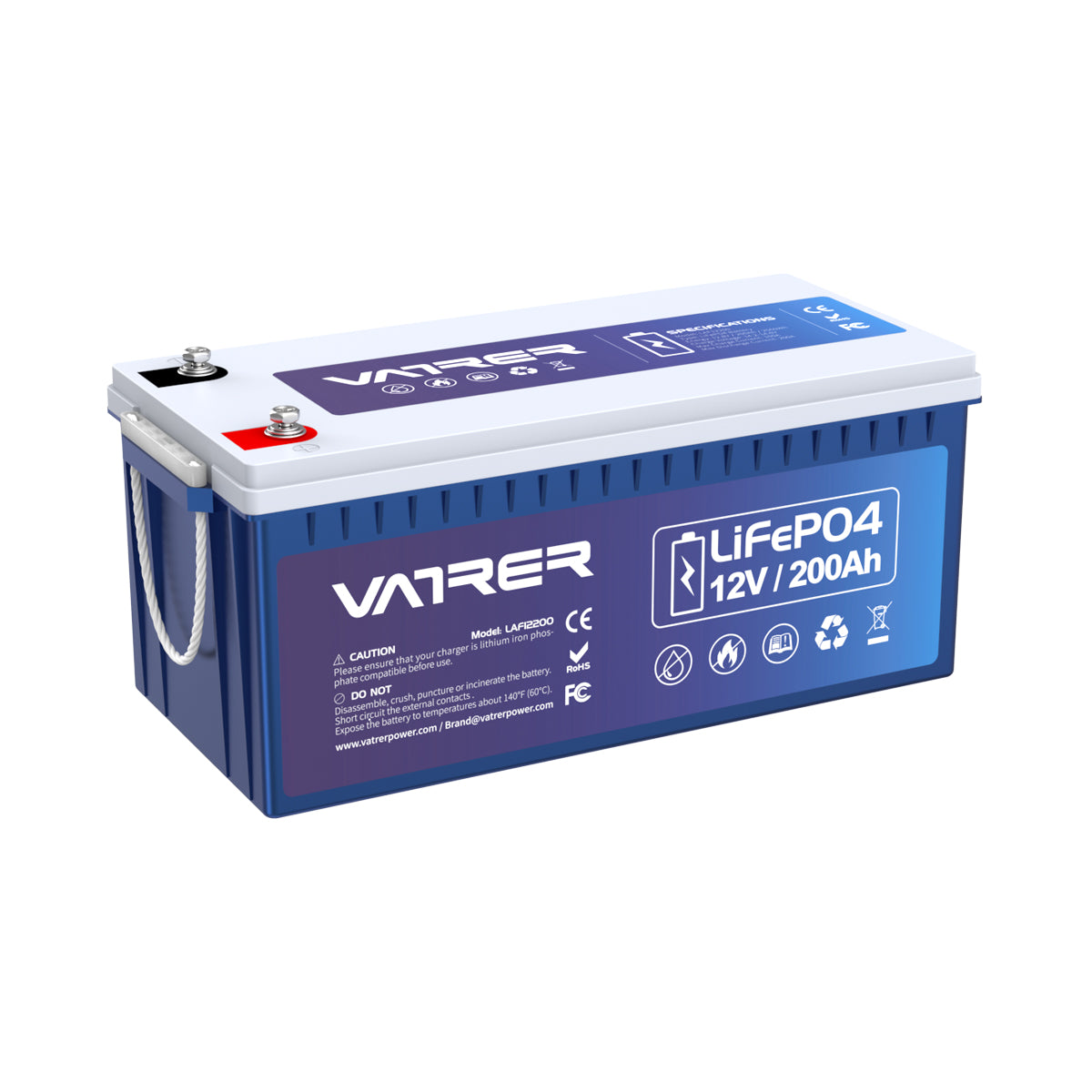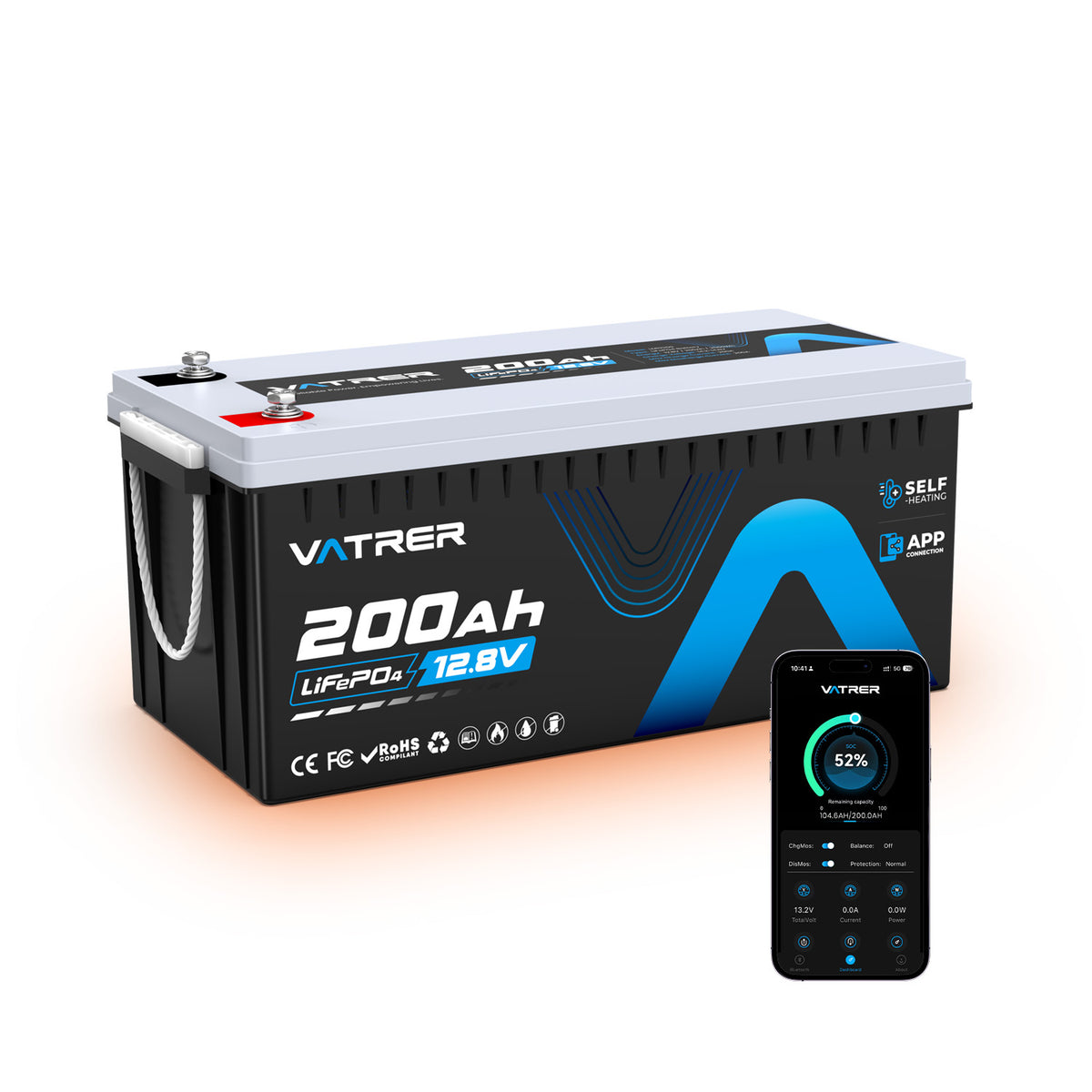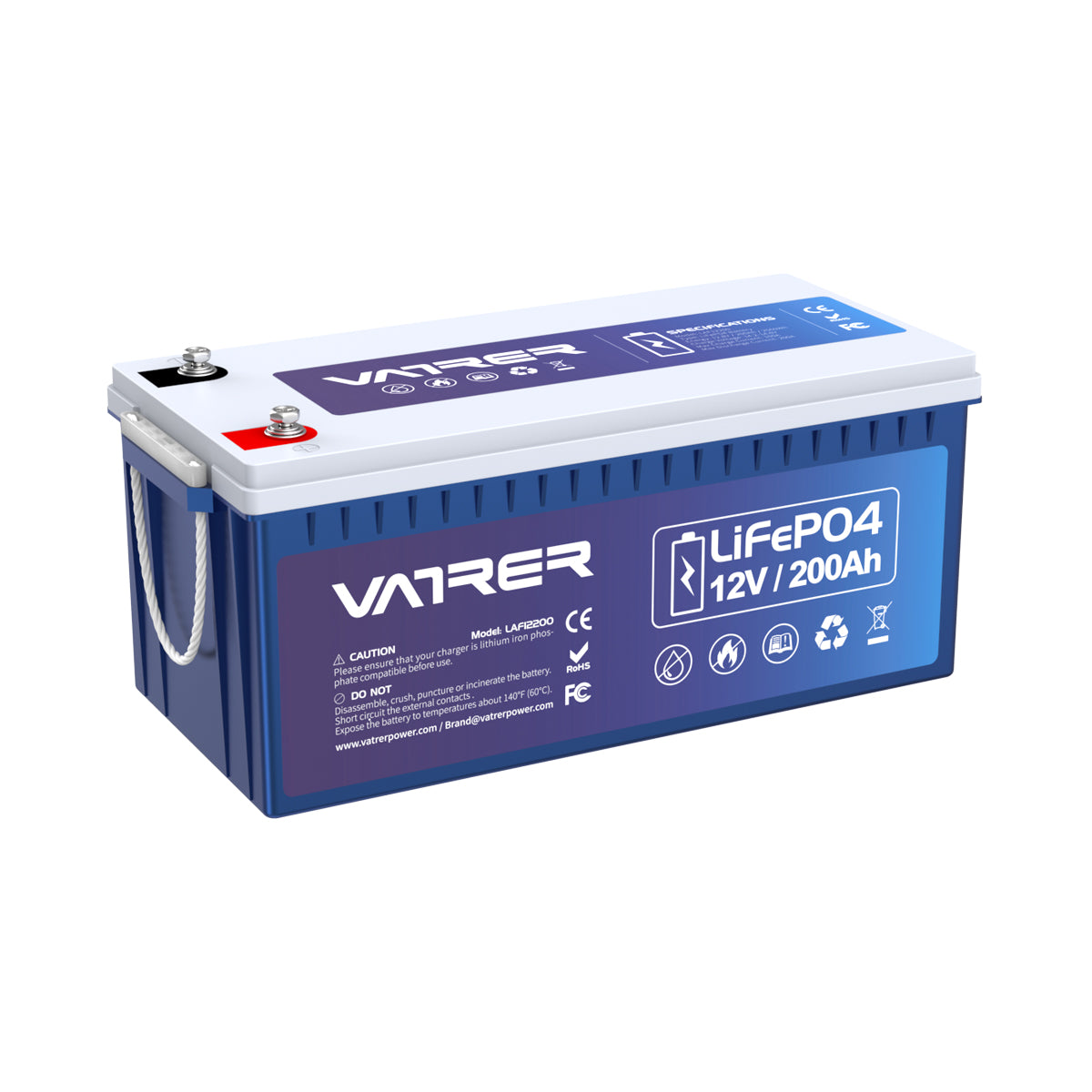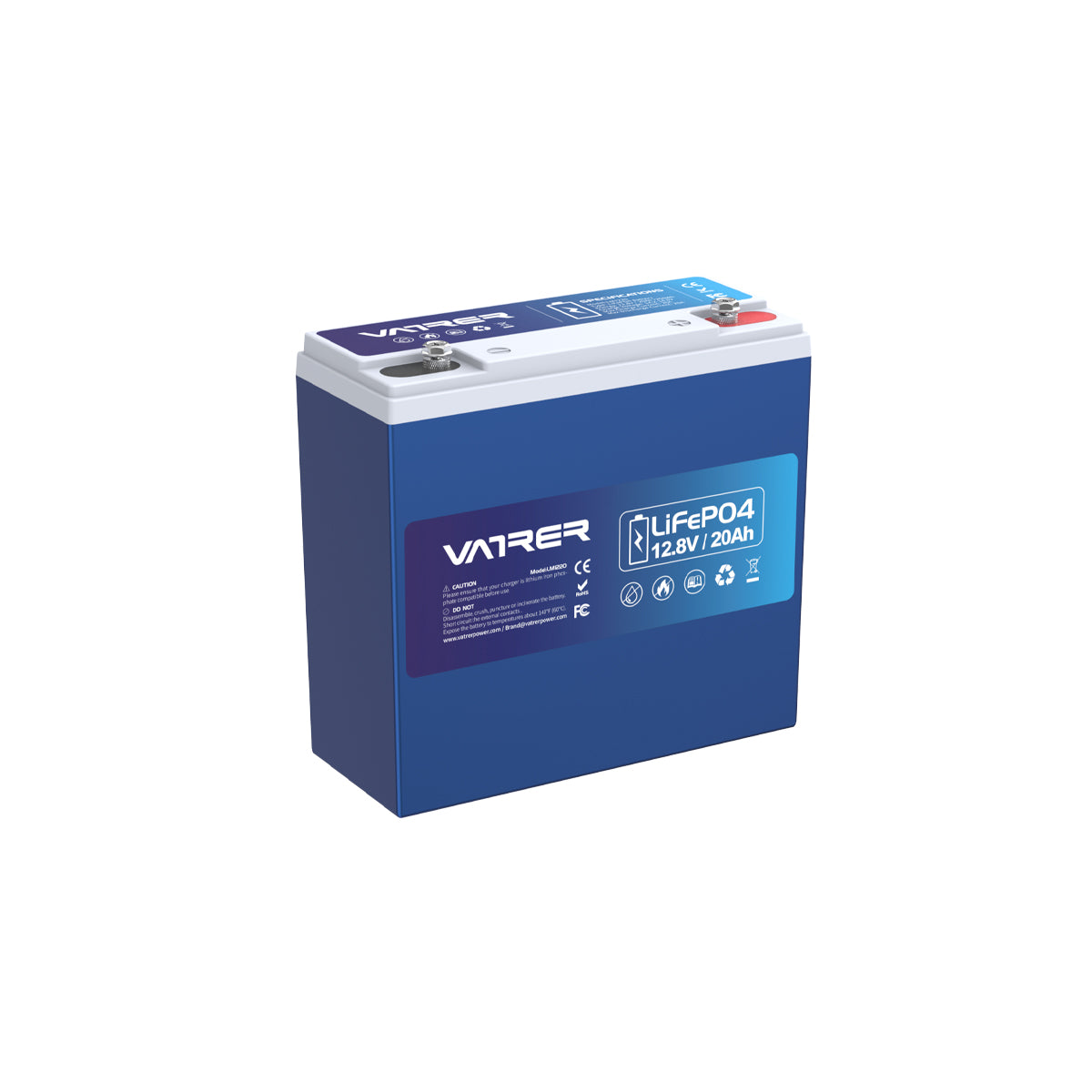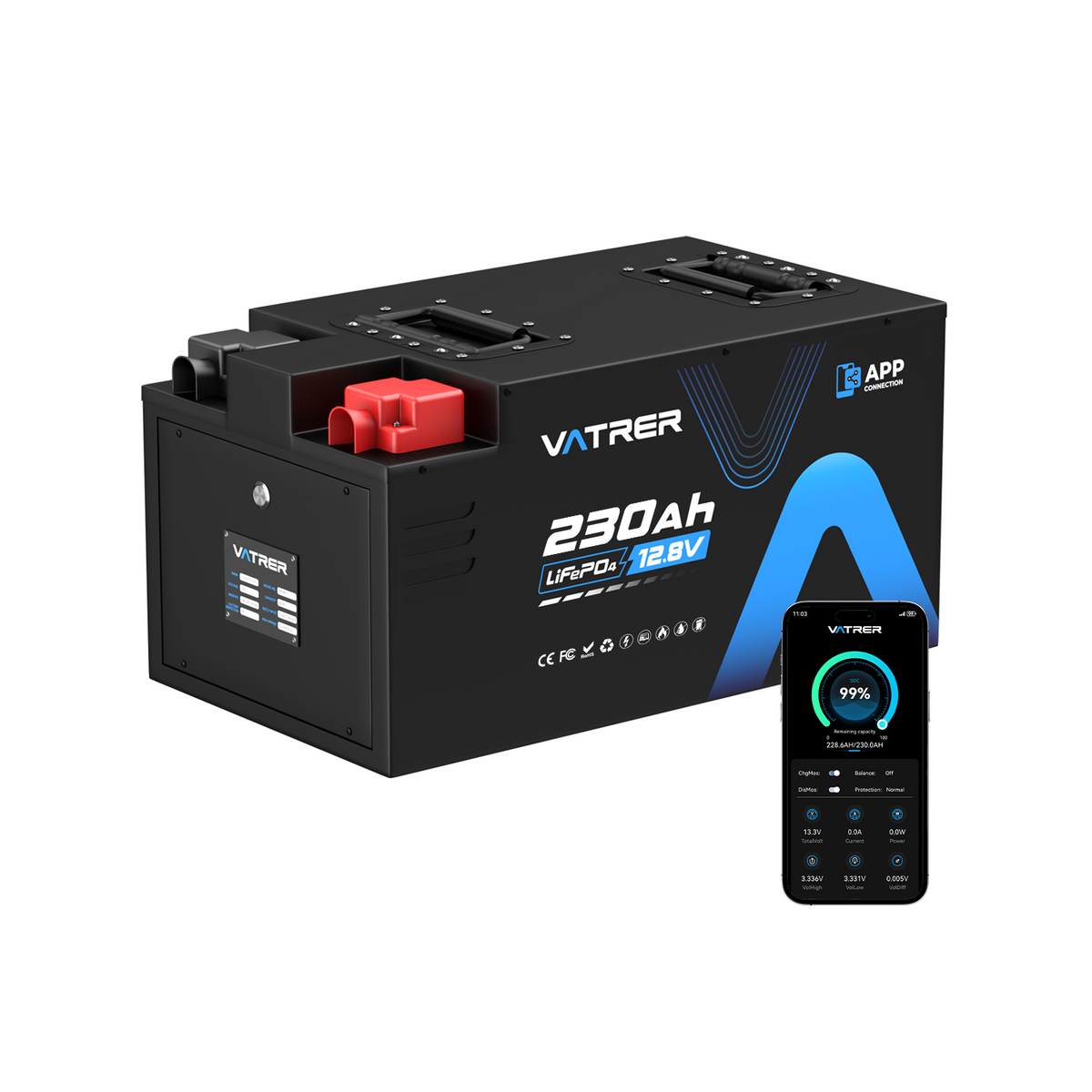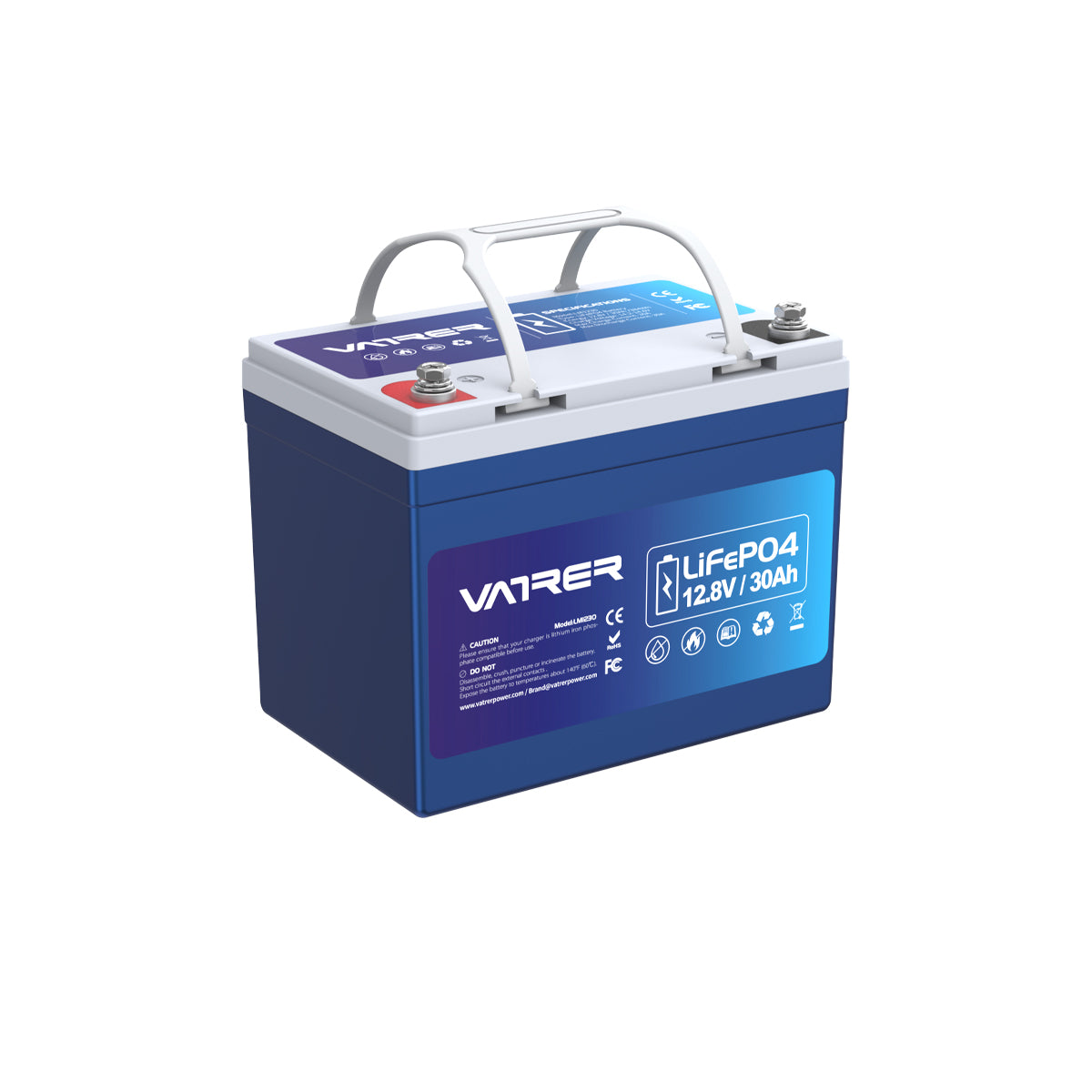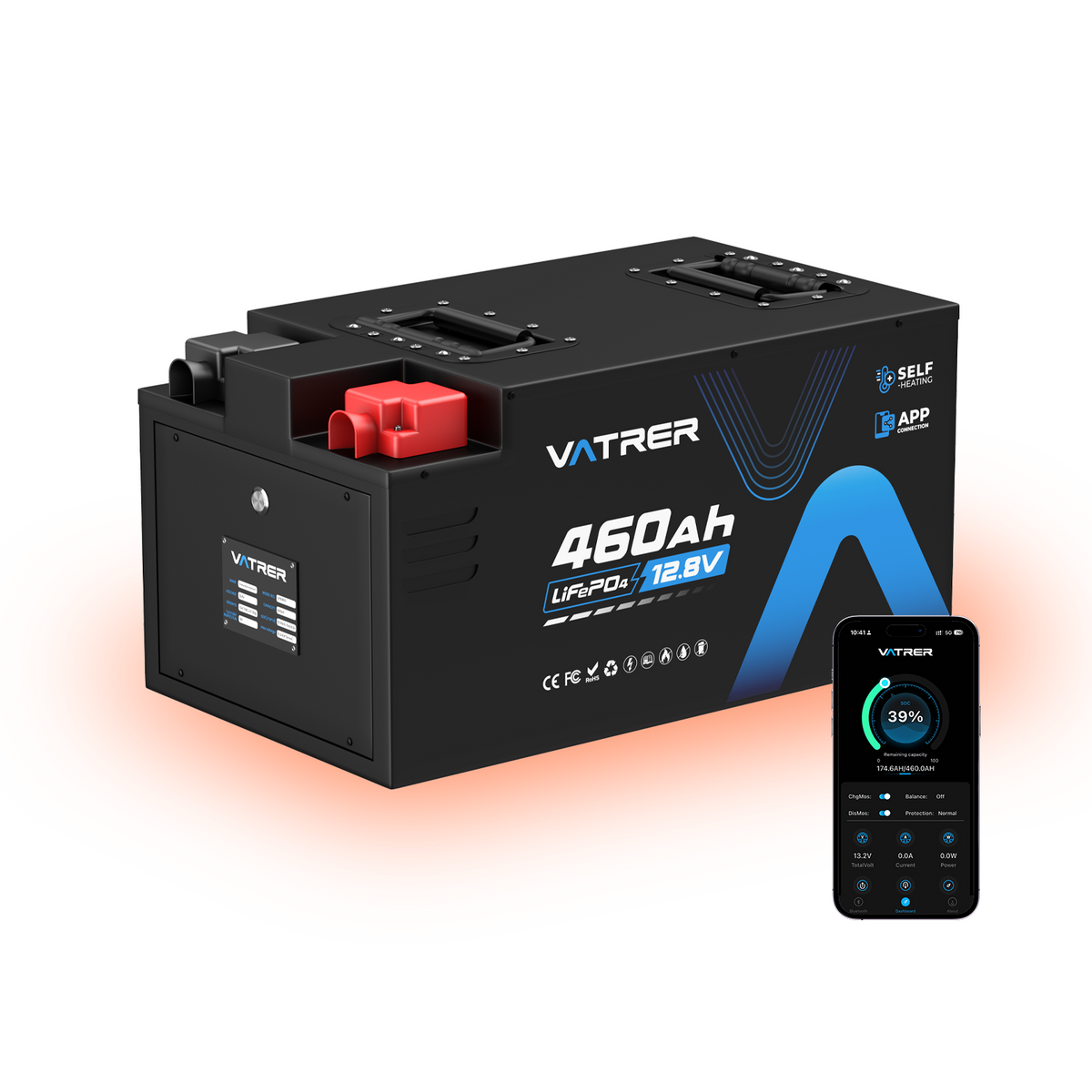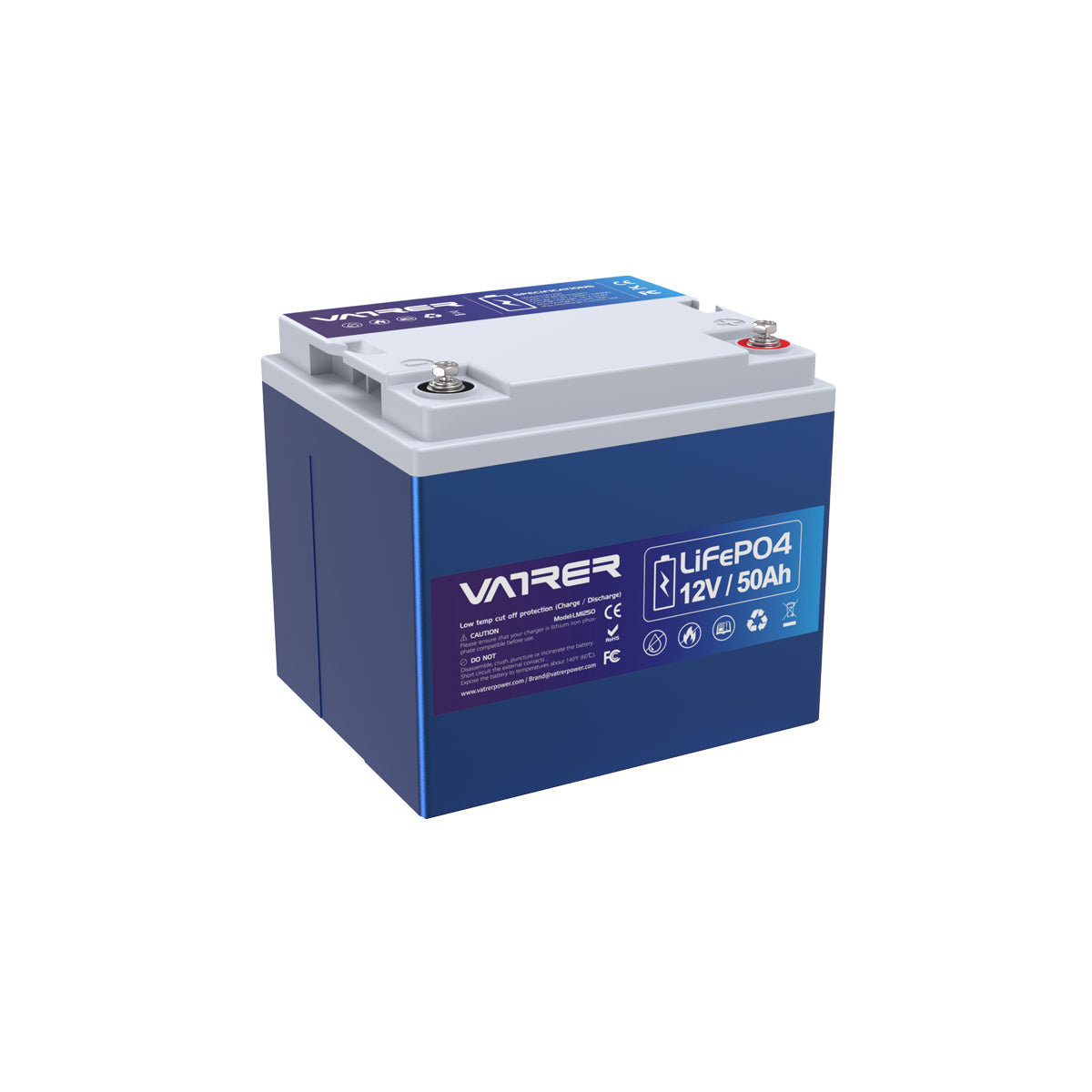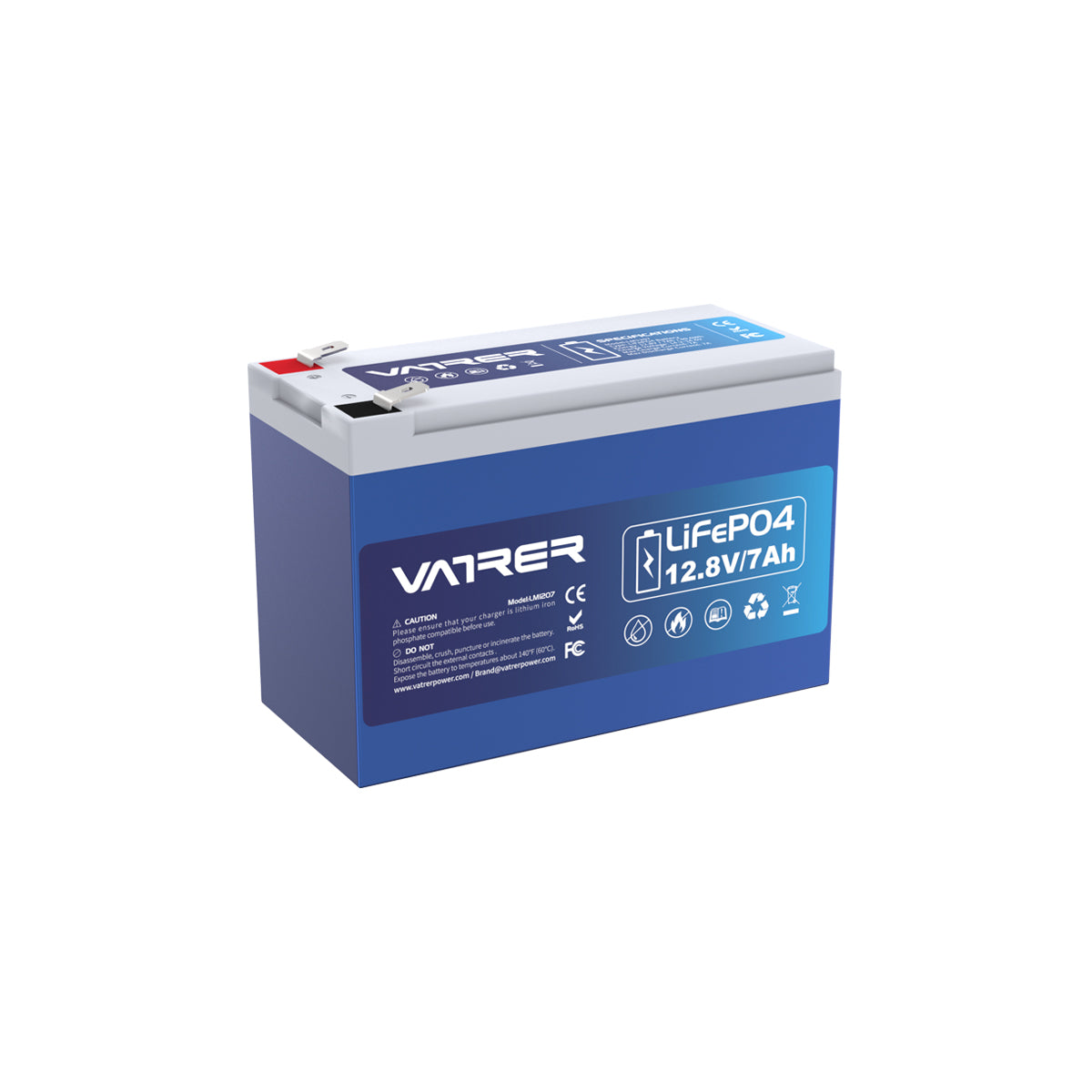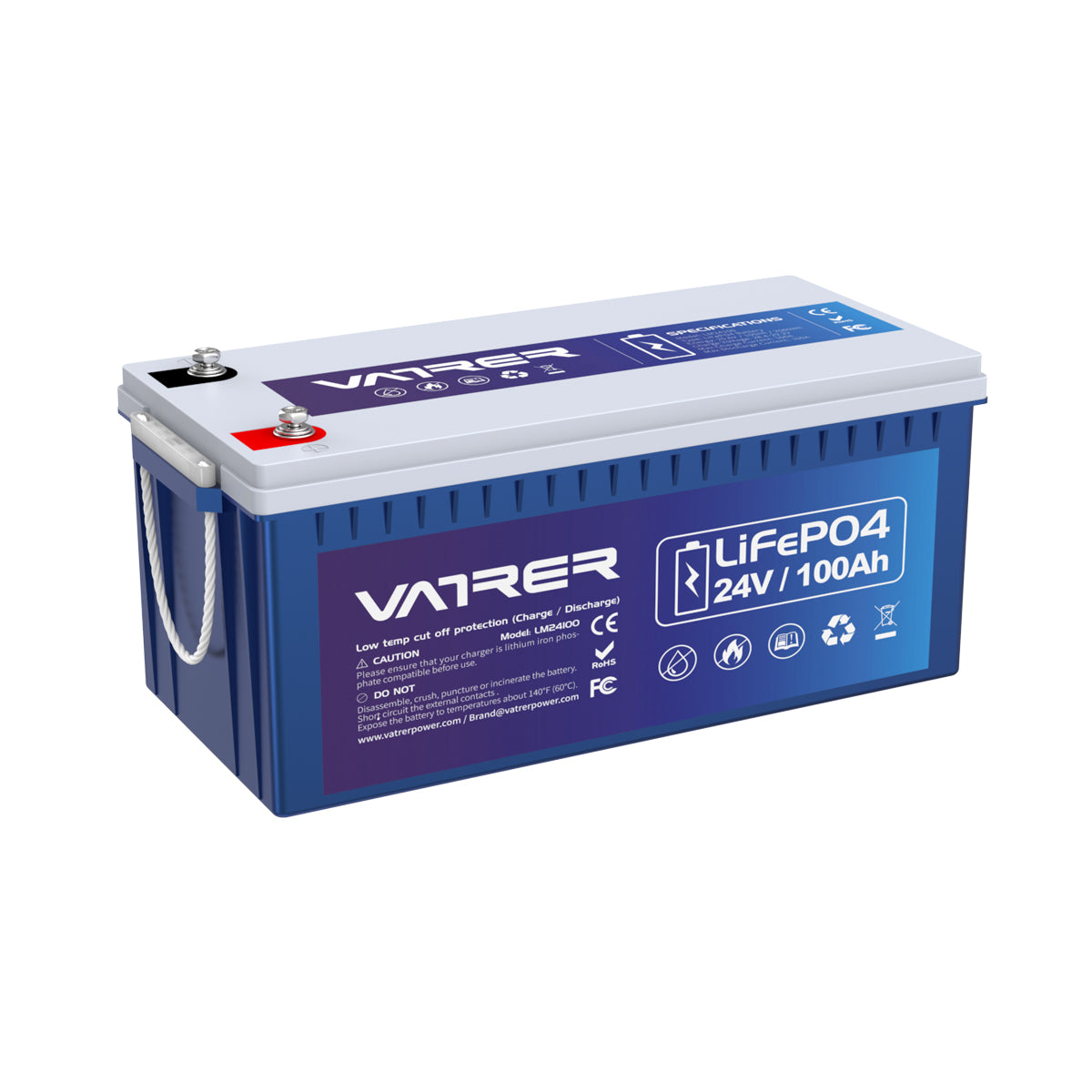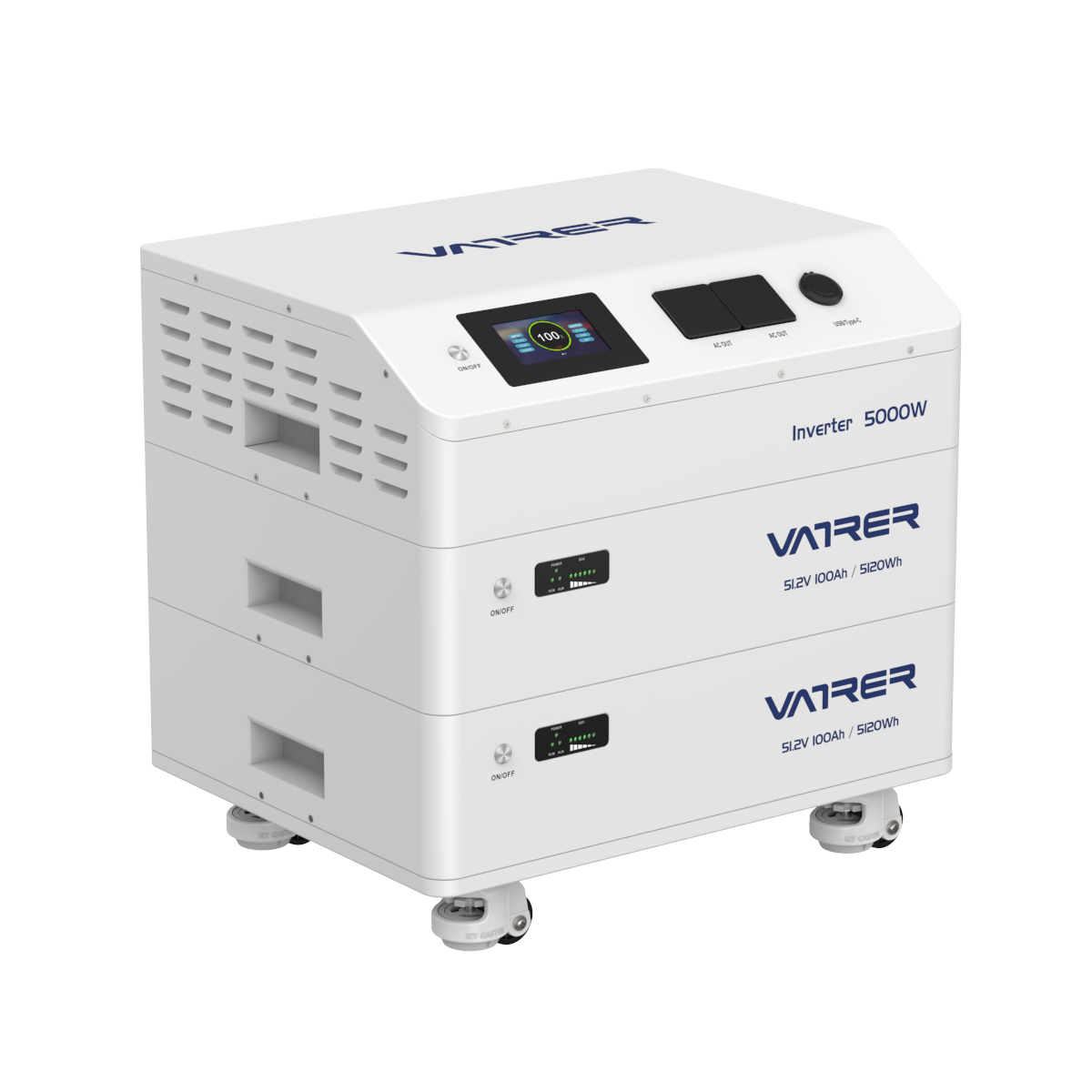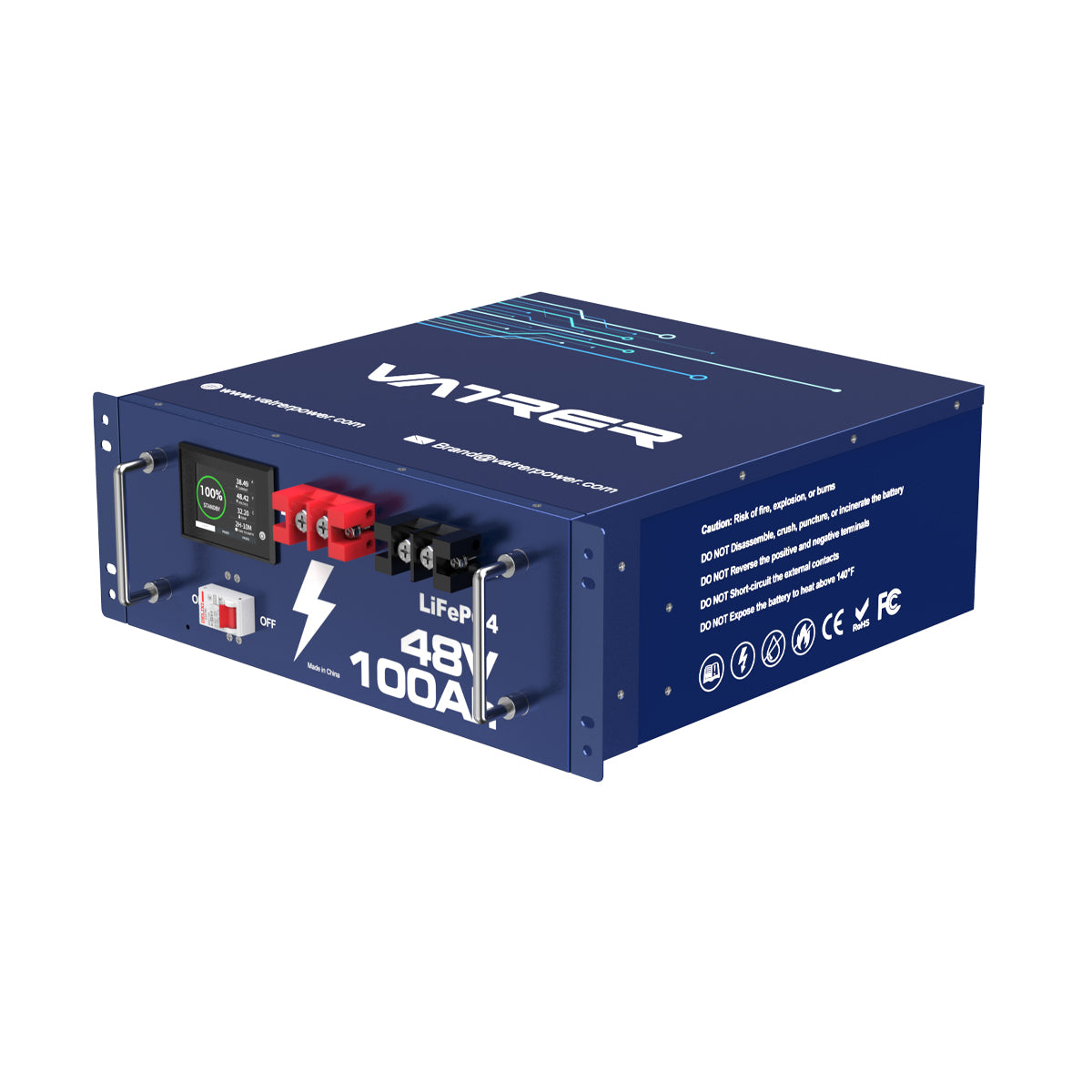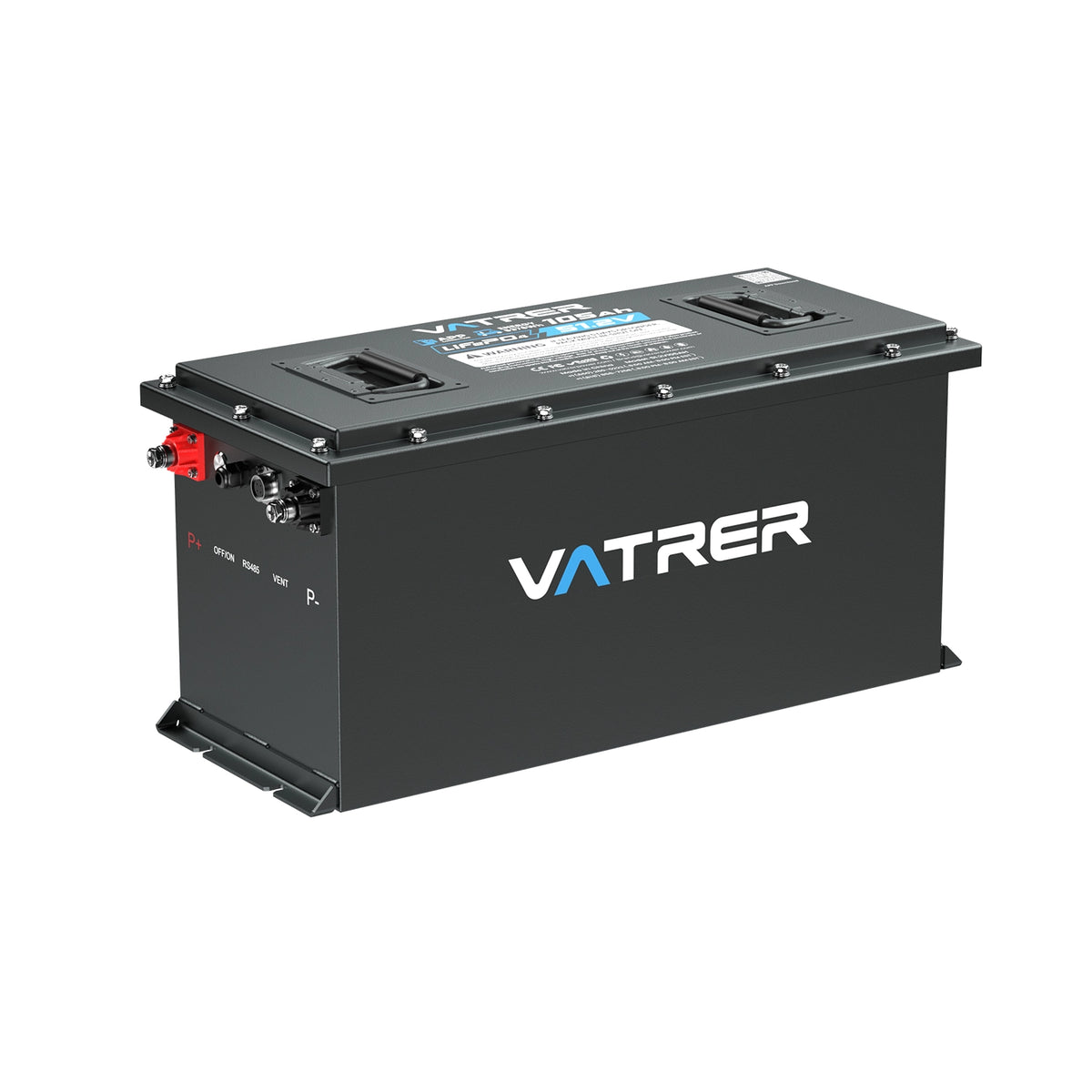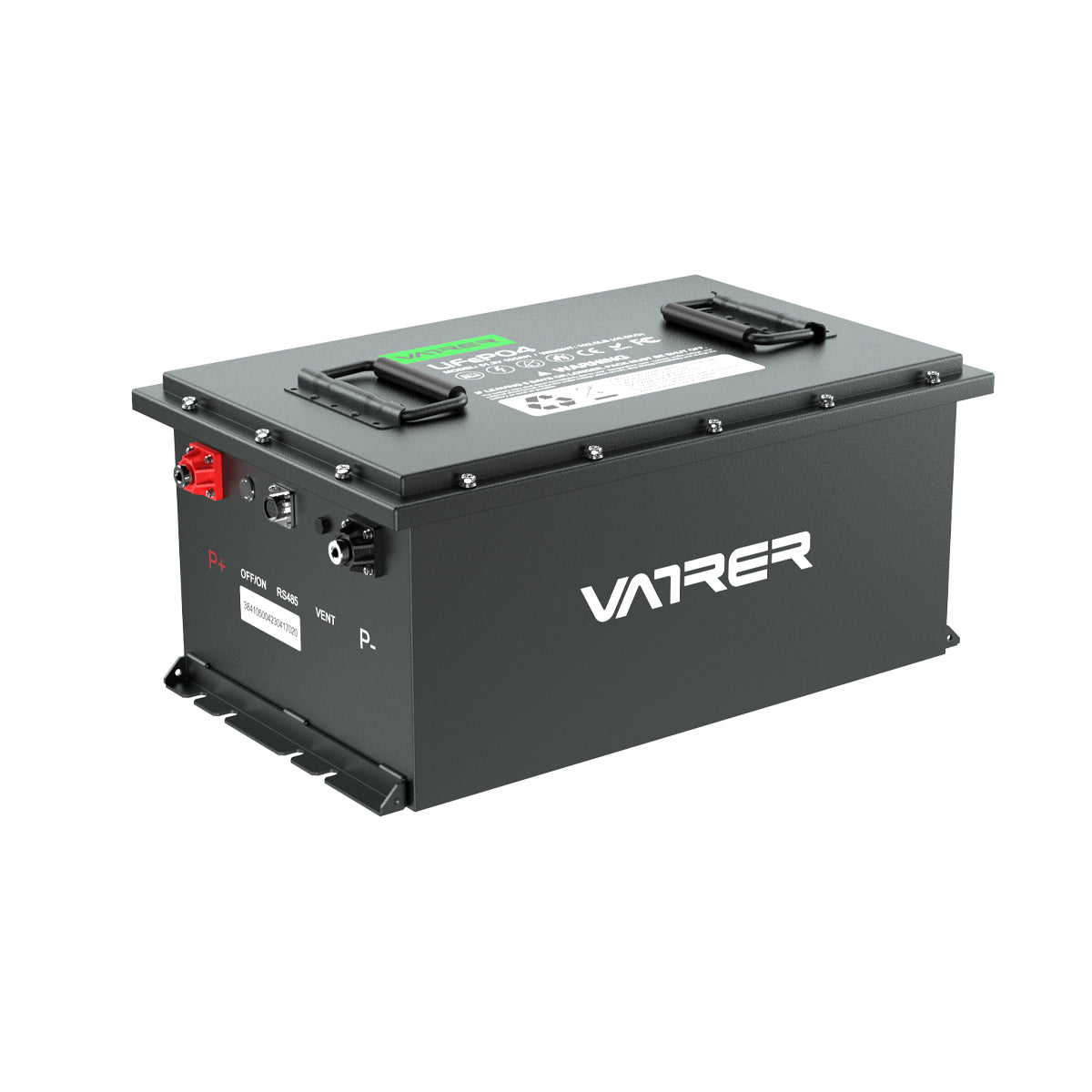Introduction:
For many RV enthusiasts, the question of upgrading from traditional lead-acid batteries to lithium batteries is a pressing one. Lithium batteries offer numerous advantages, including longer life spans, better performance, and quicker charging times. However, making the switch involves considering various factors such as cost, compatibility, and installation. This blog post aims to provide a detailed analysis of replacing your RV battery with a lithium option, helping you make an informed decision.
Understanding Battery Types:
Before diving into lithium batteries, it's crucial to understand the common types of batteries used in RVs:
-
Lead-Acid Batteries: These are the traditional choice, known for their affordability but require regular maintenance and have a shorter lifespan.
-
AGM Batteries: A subtype of lead-acid batteries, AGM (Absorbent Glass Mat) batteries offer better durability and are maintenance-free but are more expensive.
-
Lithium Batteries: Specifically, LiFePO4 (lithium iron phosphate) batteries, are gaining popularity due to their efficiency, longevity, and maintenance-free nature.
Comparison Table:
| Feature | Lead-Acid | AGM | Lithium (LiFePO4) |
|---|---|---|---|
| Lifespan | 3-5 years | 4-6 years | 10-15 years |
| Charge Time | 8-10 hours | 5-8 hours | 2-3 hours |
| Maintenance | High | Low | None |
| Energy Efficiency | 80-85% | 85-90% | 95-98% |
| Initial Cost | Low | Medium | High |
| Total Cost of Ownership | Higher due to frequent replacement and maintenance | Moderate | Lower due to longevity and lack of maintenance |
Benefits of Switching to Lithium Batteries:
-
Extended Lifespan: Lithium batteries can last up to 15 years, significantly longer than their lead-acid and AGM counterparts.
-
Fast Charging: They charge much faster, which can be incredibly beneficial on the road where time and access to power can be limited.
-
No Maintenance: Unlike lead-acid batteries, lithium batteries do not require watering, equalizing, or specific gravity checks.
-
Improved Usability: Lithium batteries can be discharged up to 80-100% of their capacity without damaging the battery, unlike lead-acid batteries which are recommended to be discharged only up to 50%.
-
Lightweight: They are typically lighter, which can contribute to fuel efficiency in an RV.
Considerations When Switching to Lithium:
-
Upfront Cost: The initial investment for lithium batteries is higher, although the cost is offset by the longevity and lower maintenance.
-
Compatibility: Ensure your RV’s charging system is compatible with lithium batteries. Some older systems may need a compatible charger or additional equipment.
-
Installation: Professional installation is recommended, especially for integrating the battery with your RV’s existing electrical system.
-
Temperature Sensitivity: Lithium batteries can be sensitive to extreme temperatures, so consider a battery management system (BMS) for optimal performance.
Conclusion:
Switching your RV battery to a lithium option offers numerous benefits that can enhance your traveling experience through improved efficiency, reduced maintenance, and longer battery life. While the upfront cost and installation may seem daunting, the long-term savings and performance enhancements make it a worthy investment. As you consider upgrading, ensure compatibility with your existing systems and possibly consult with a professional to maximize the benefits of your new lithium battery.











